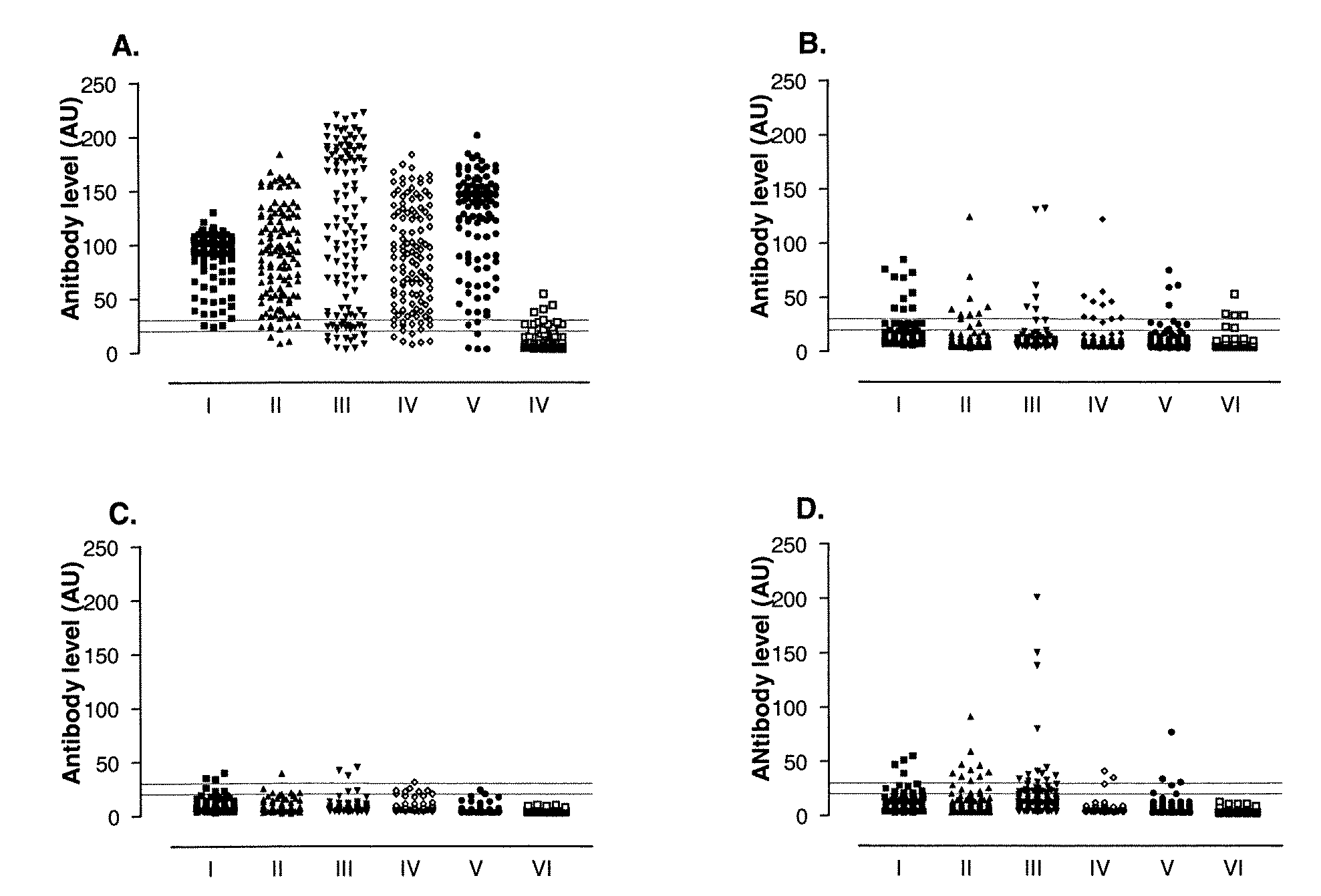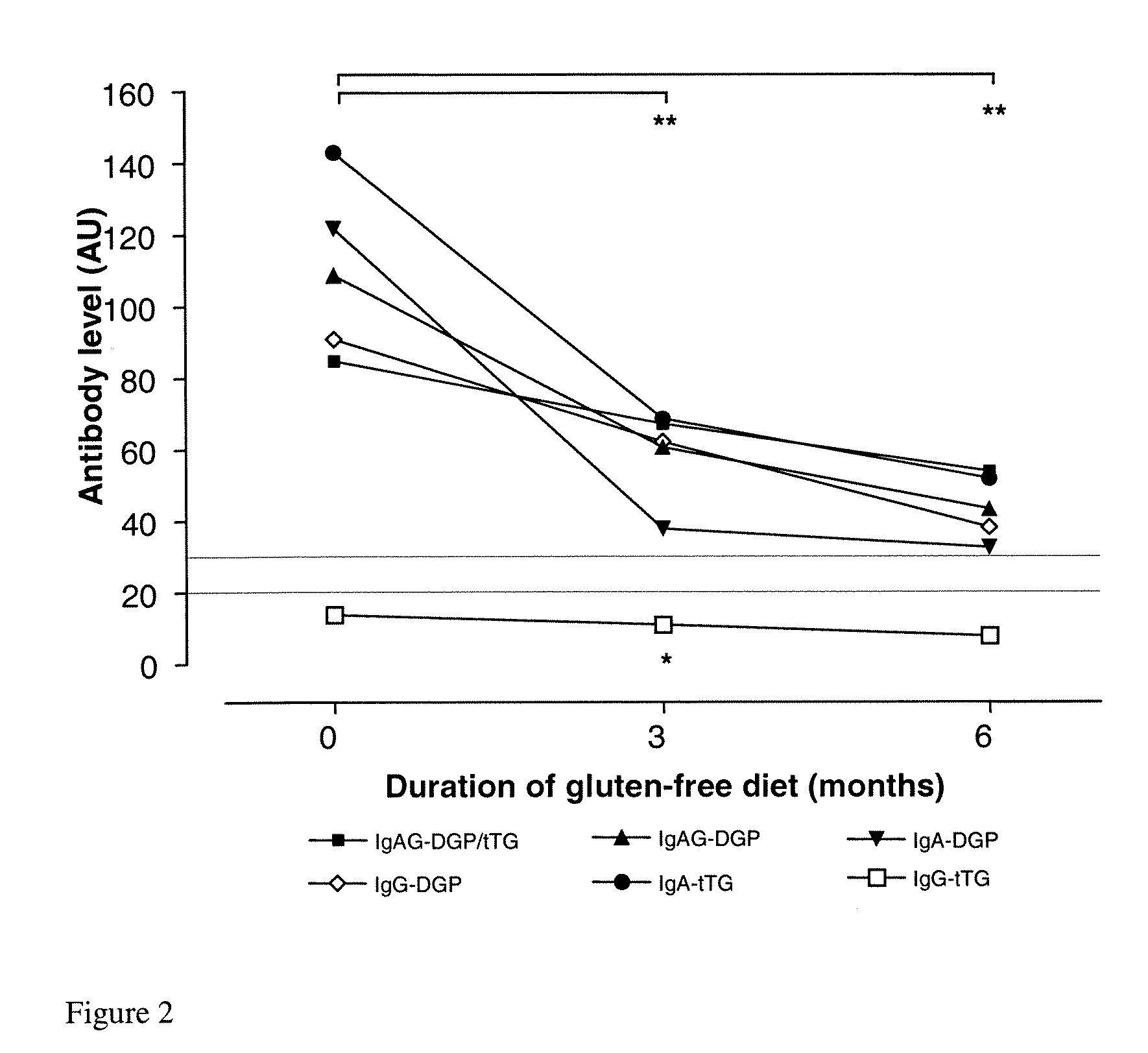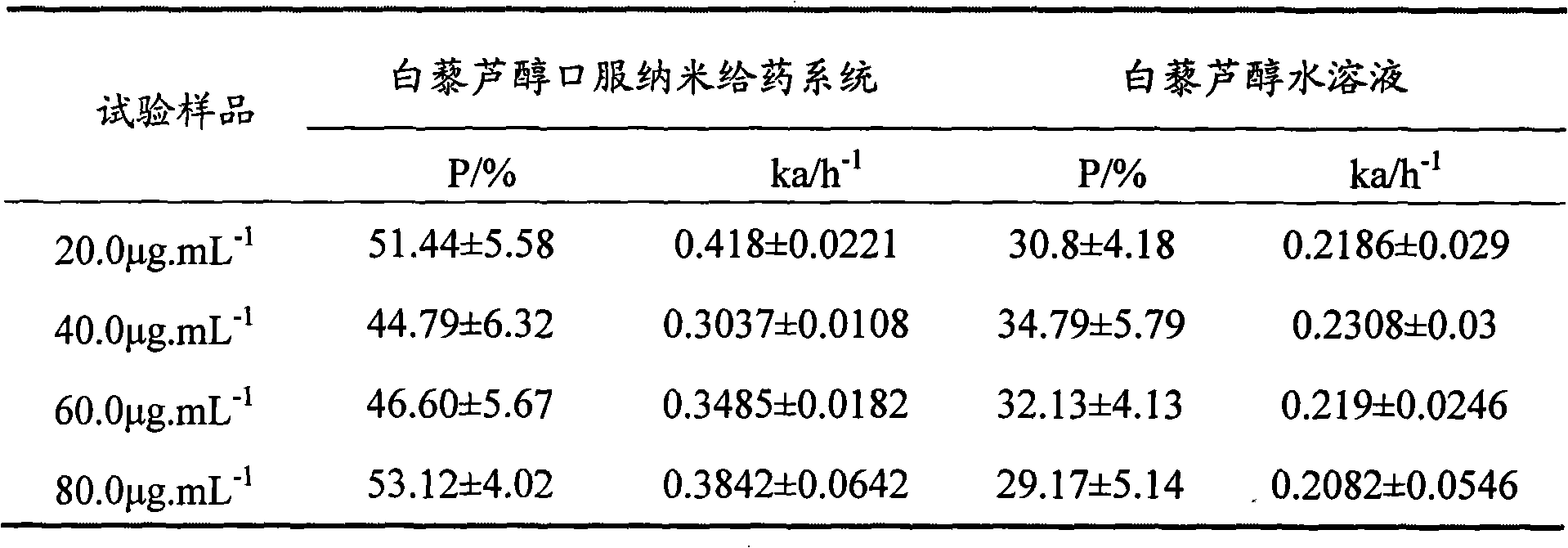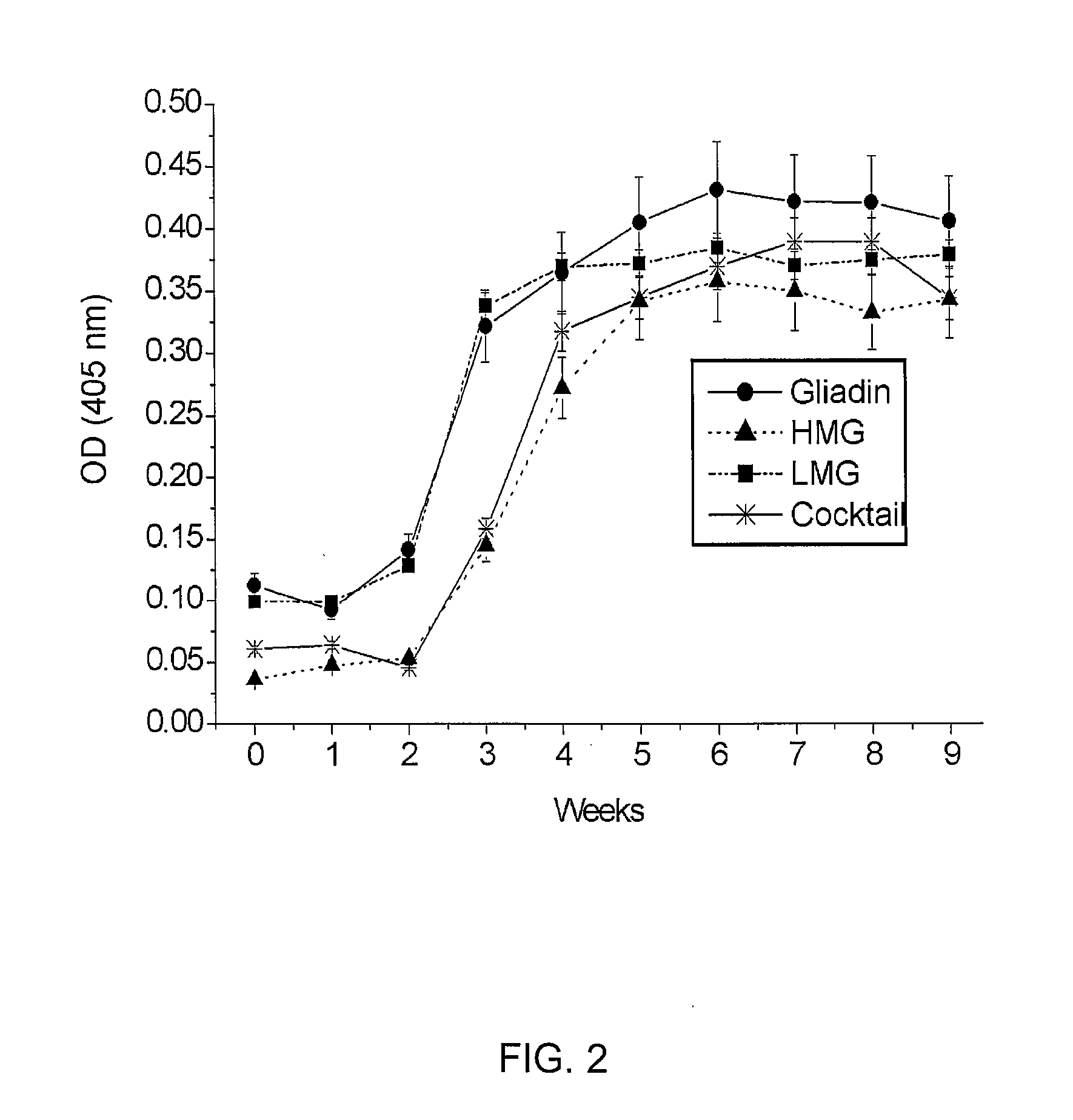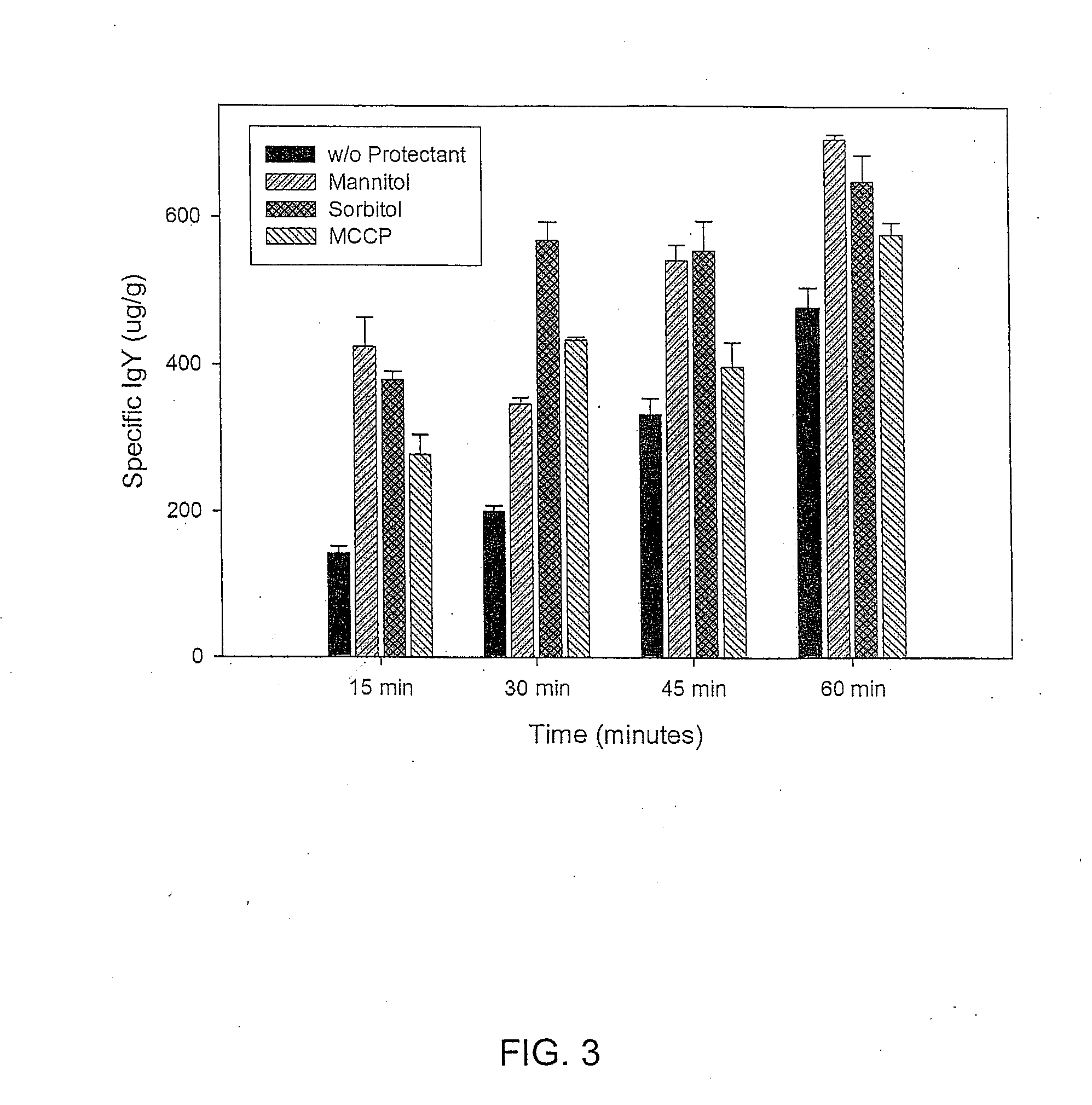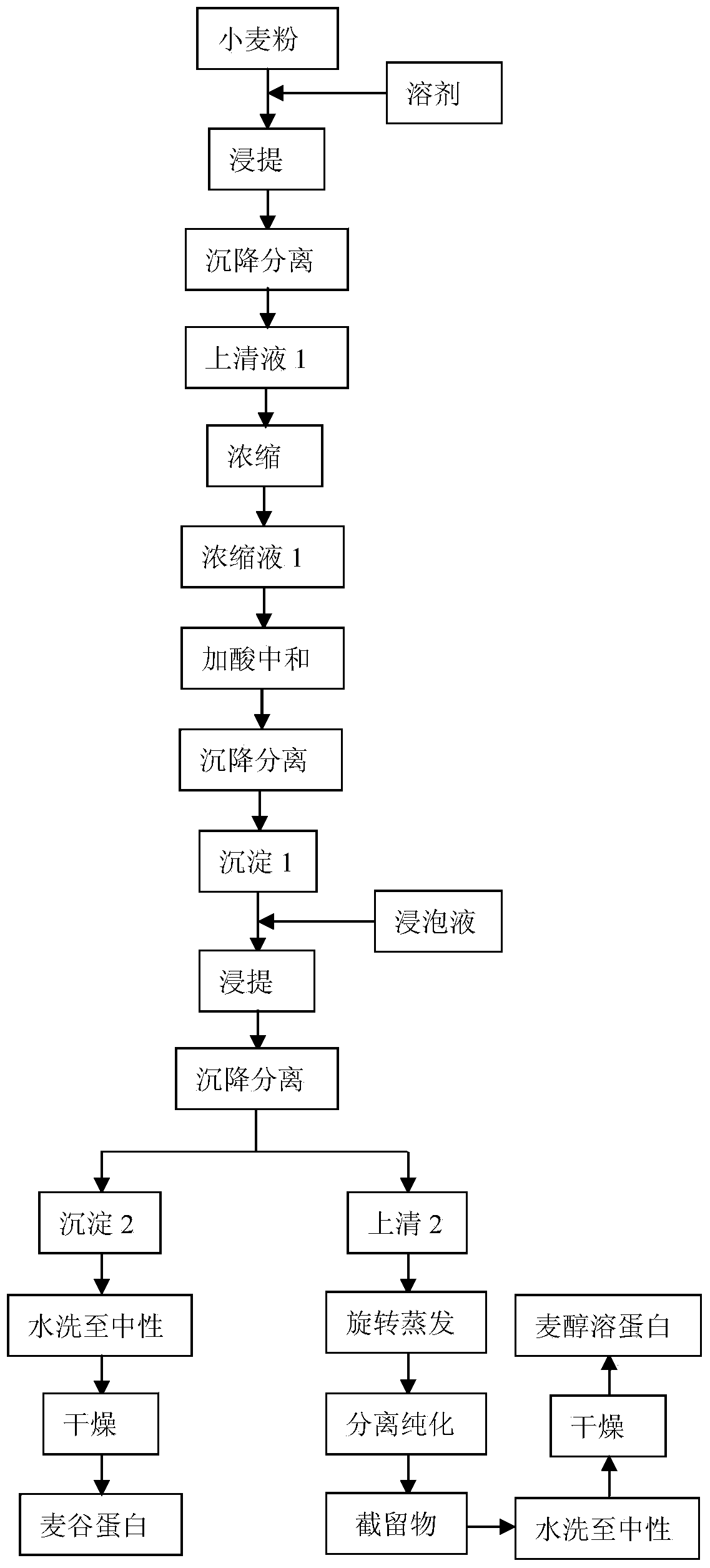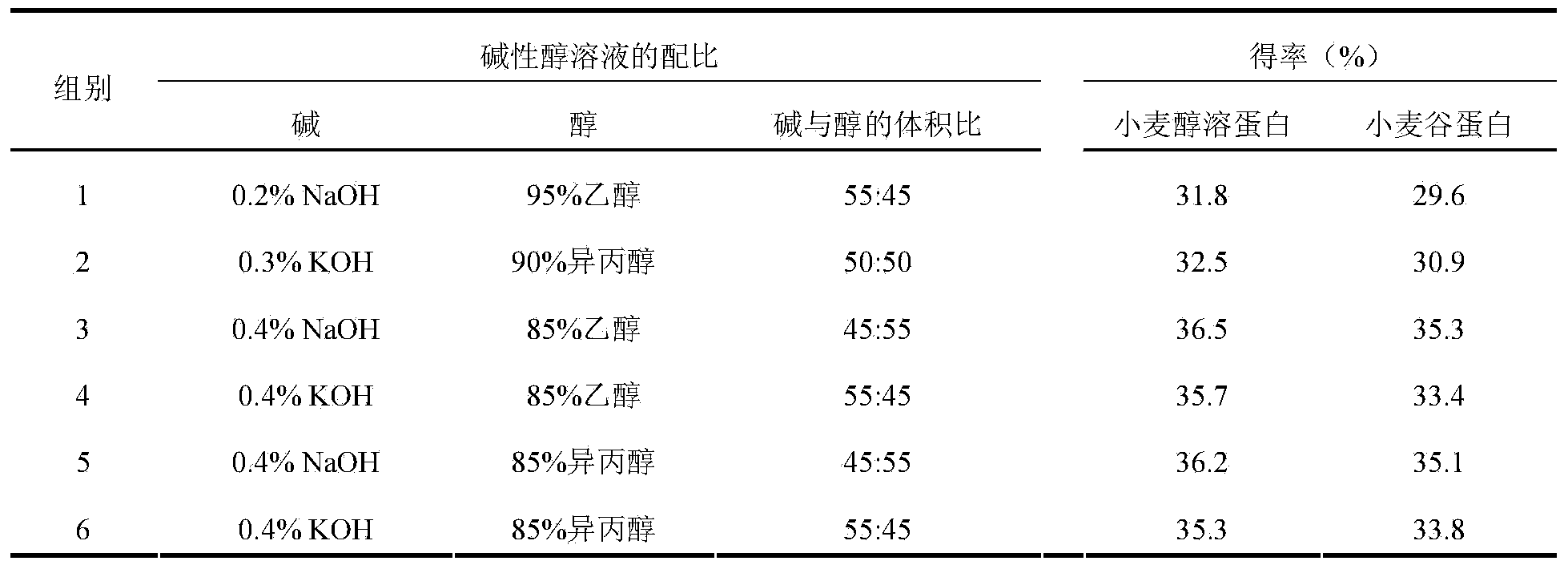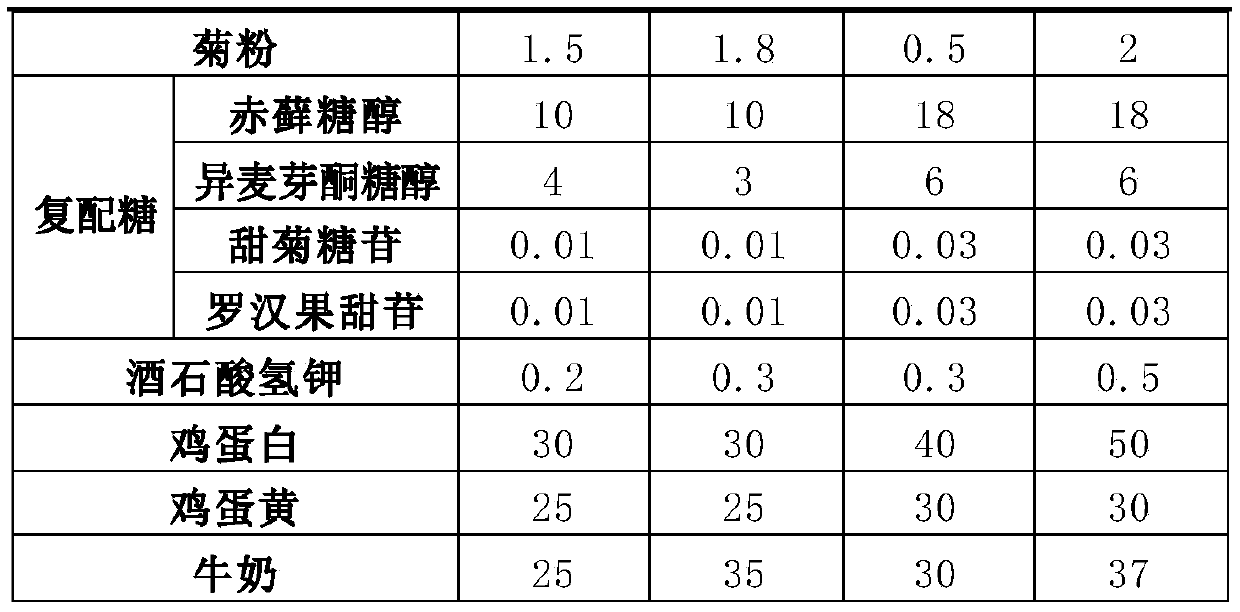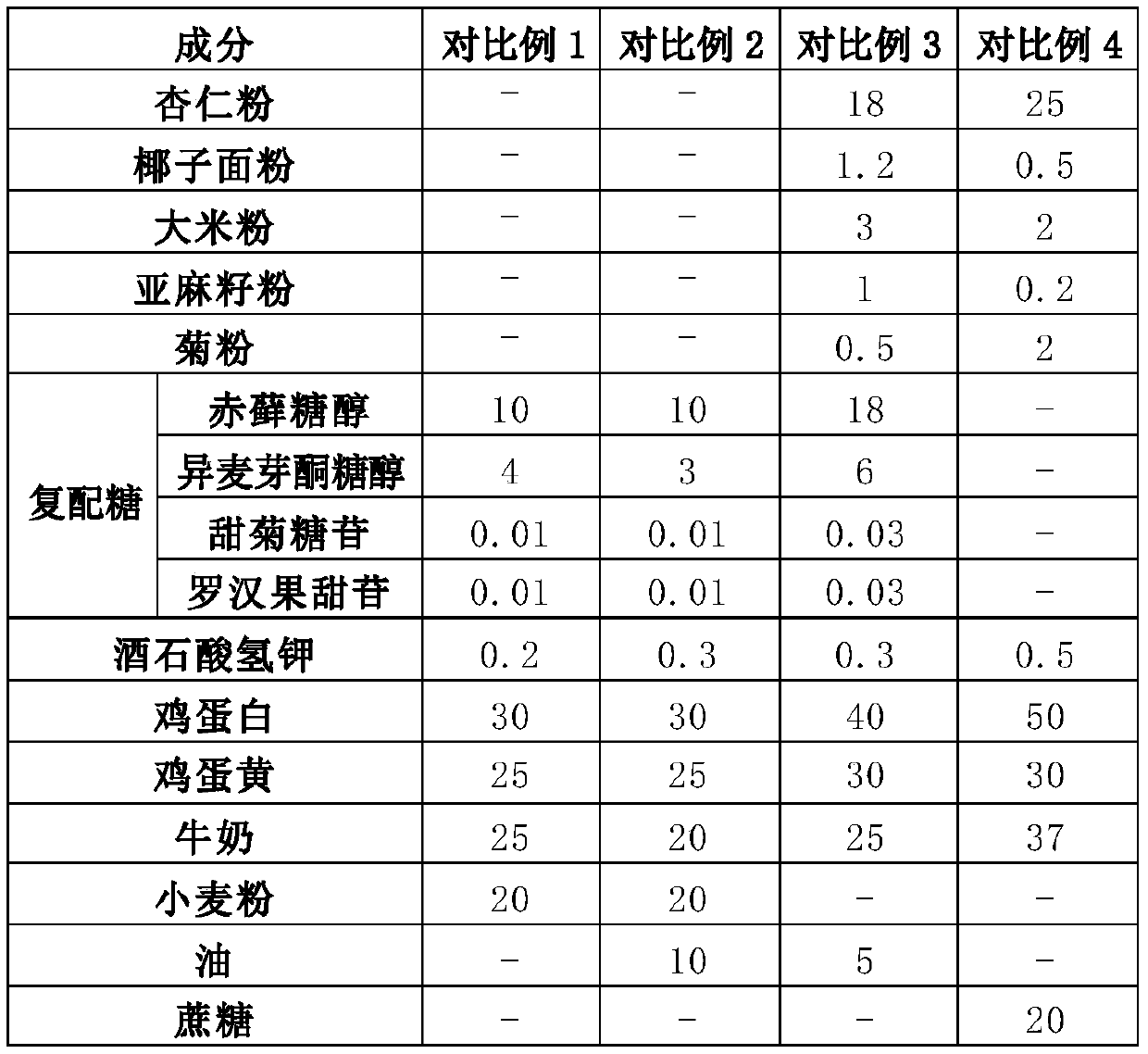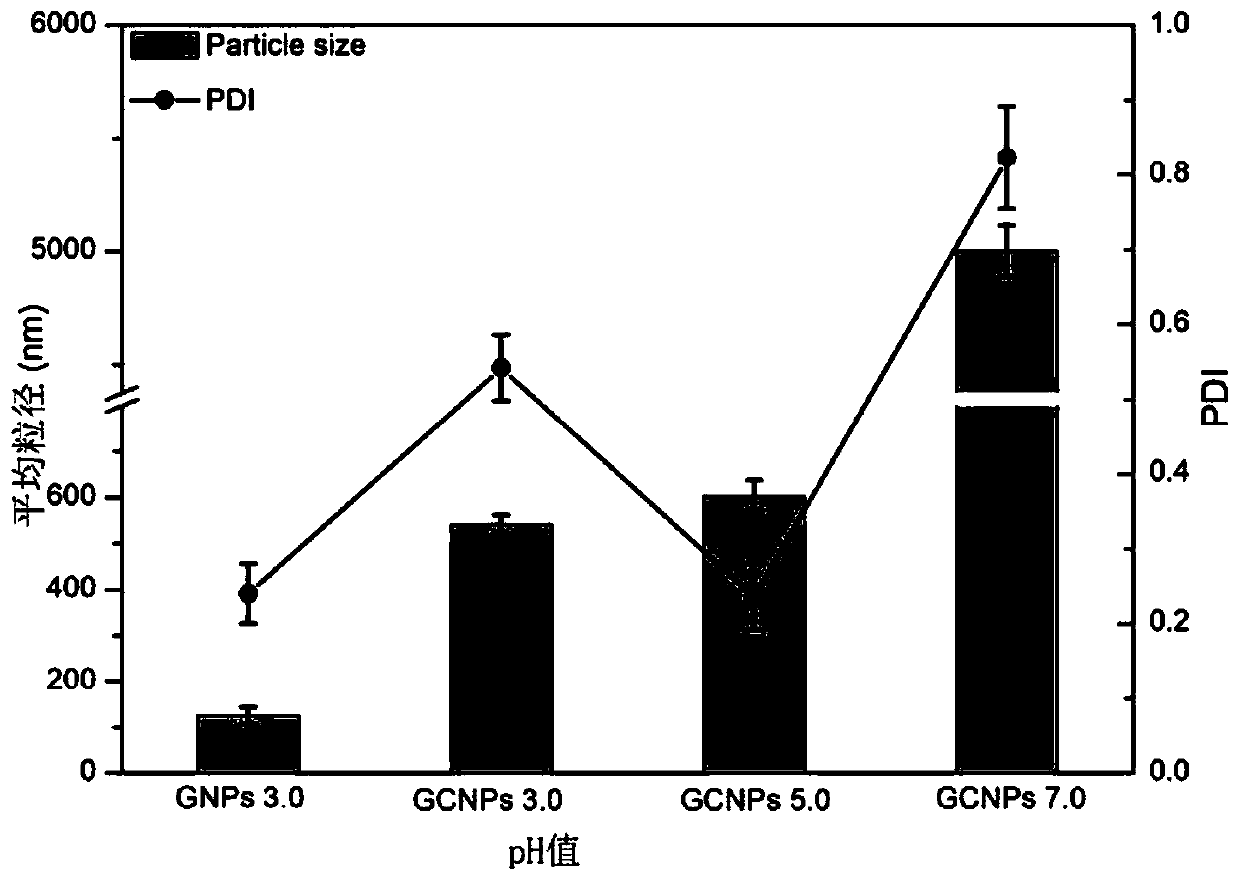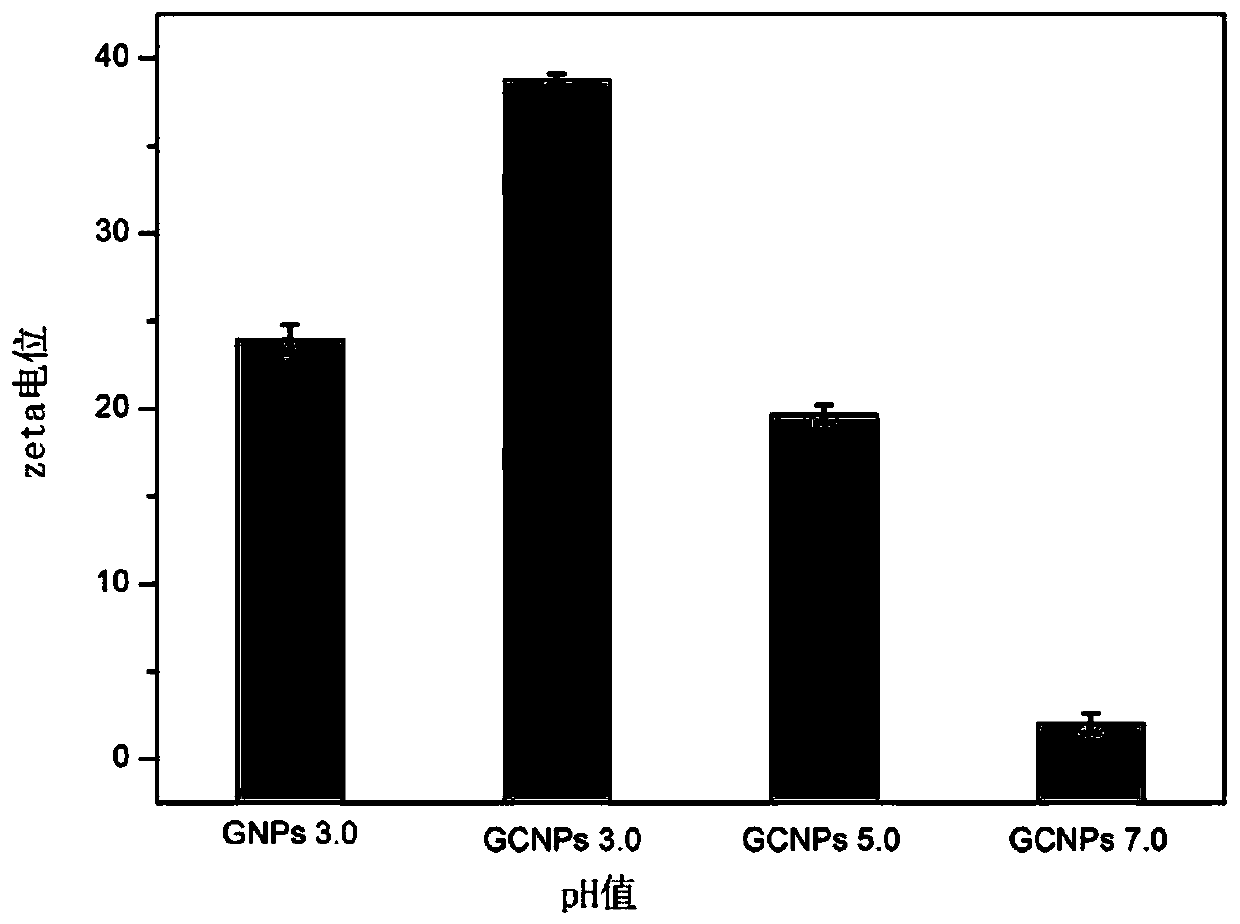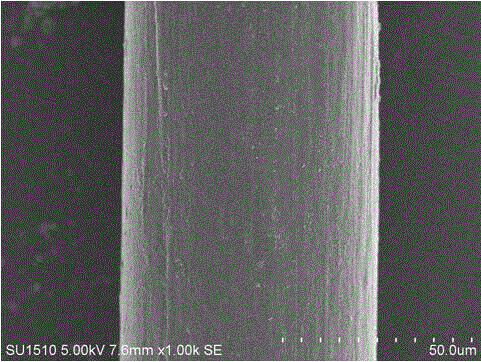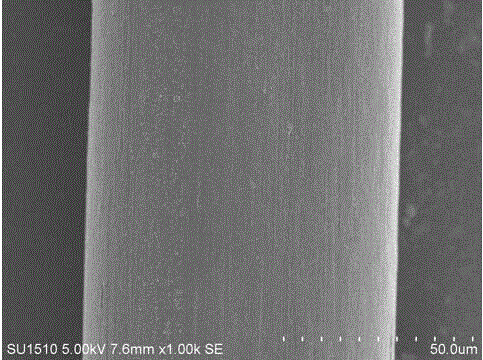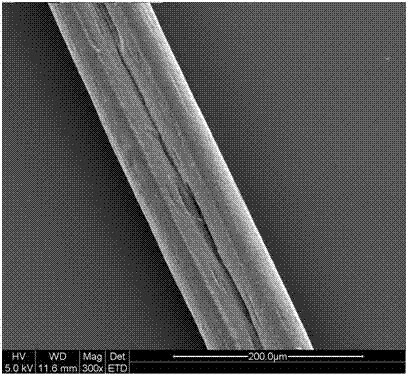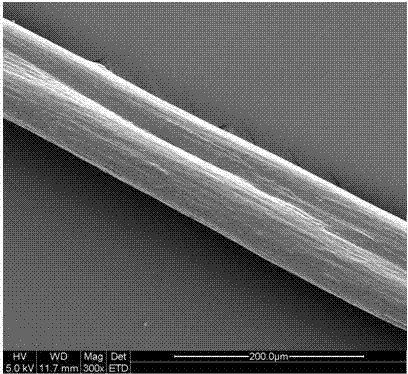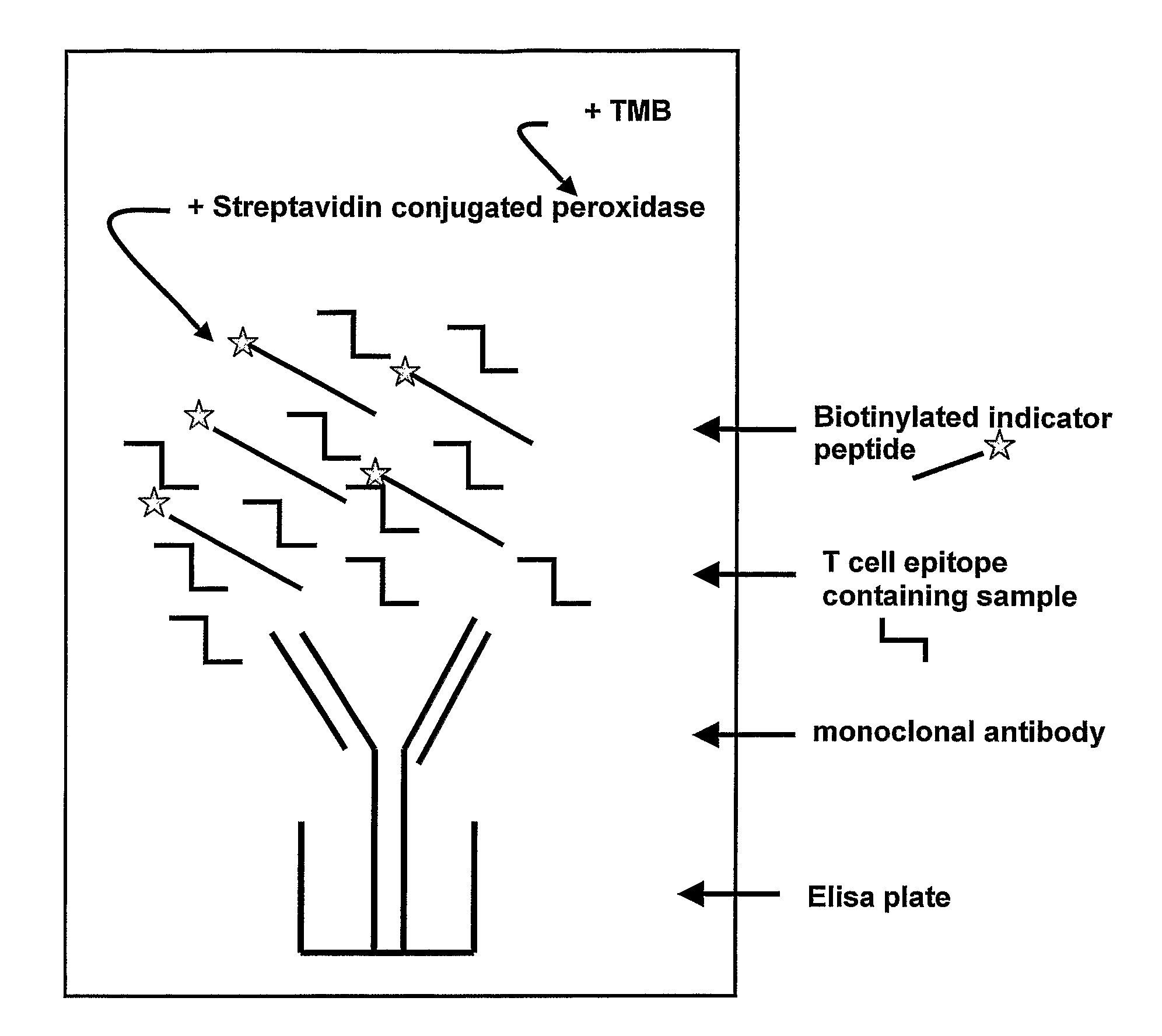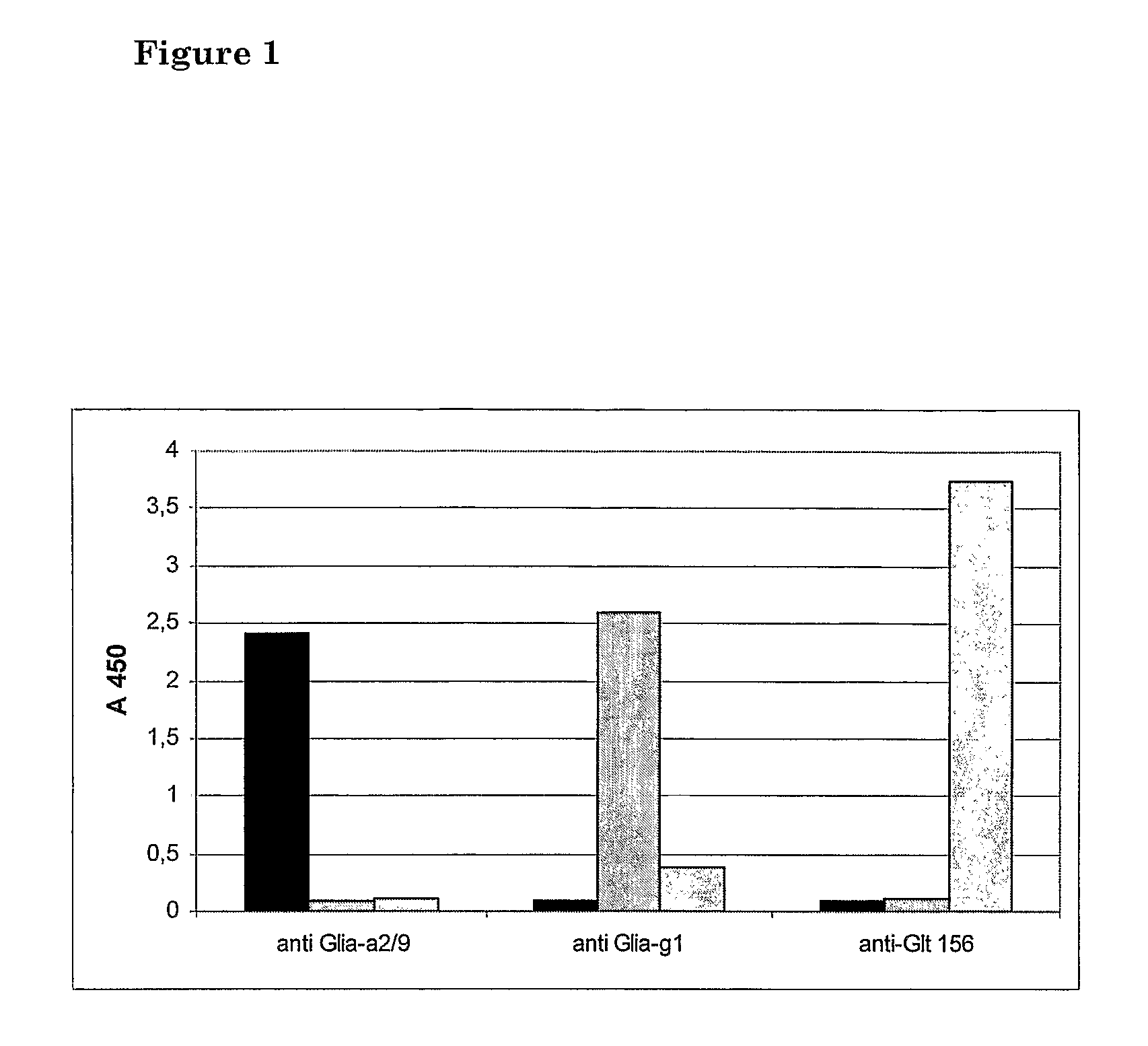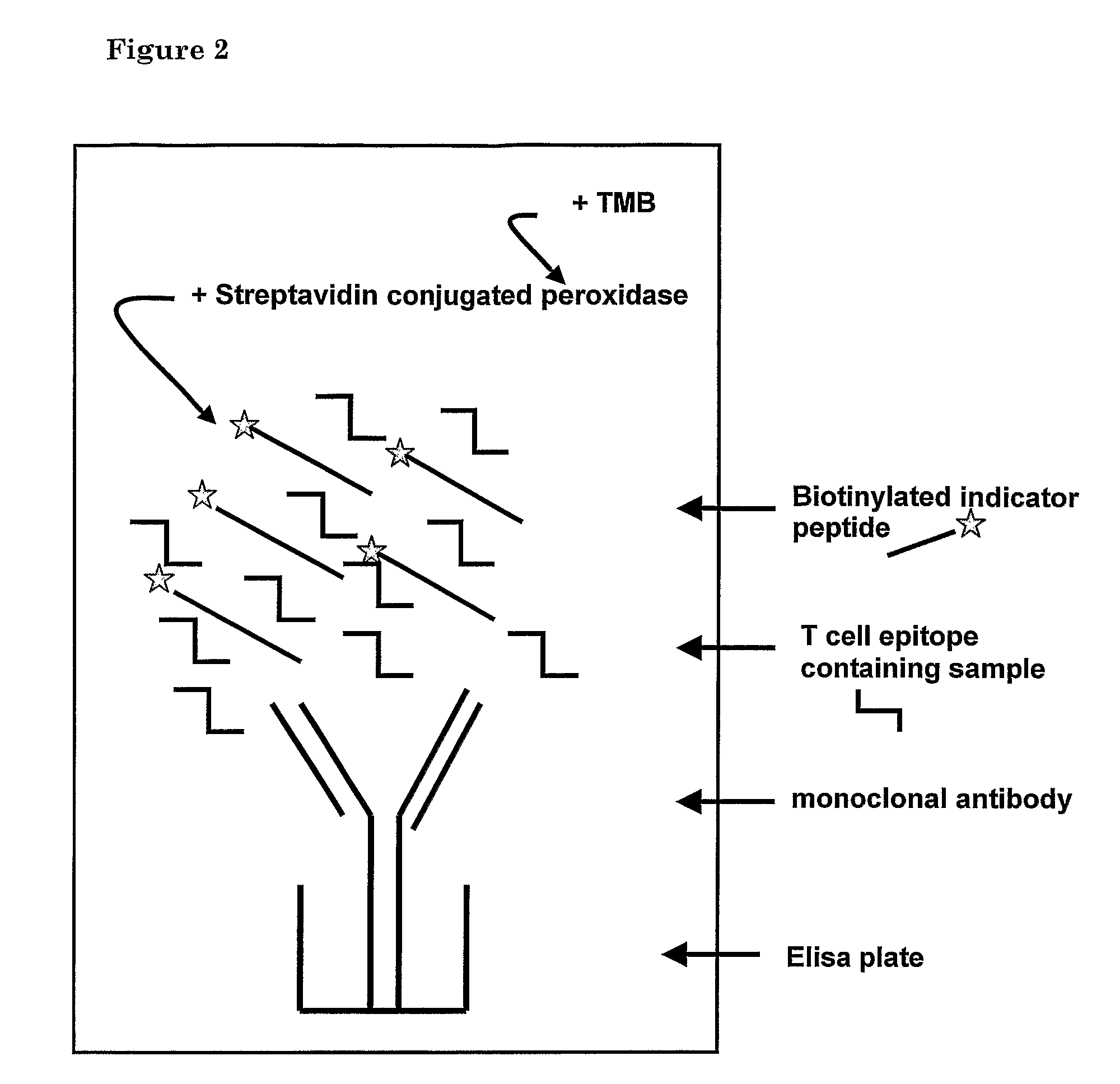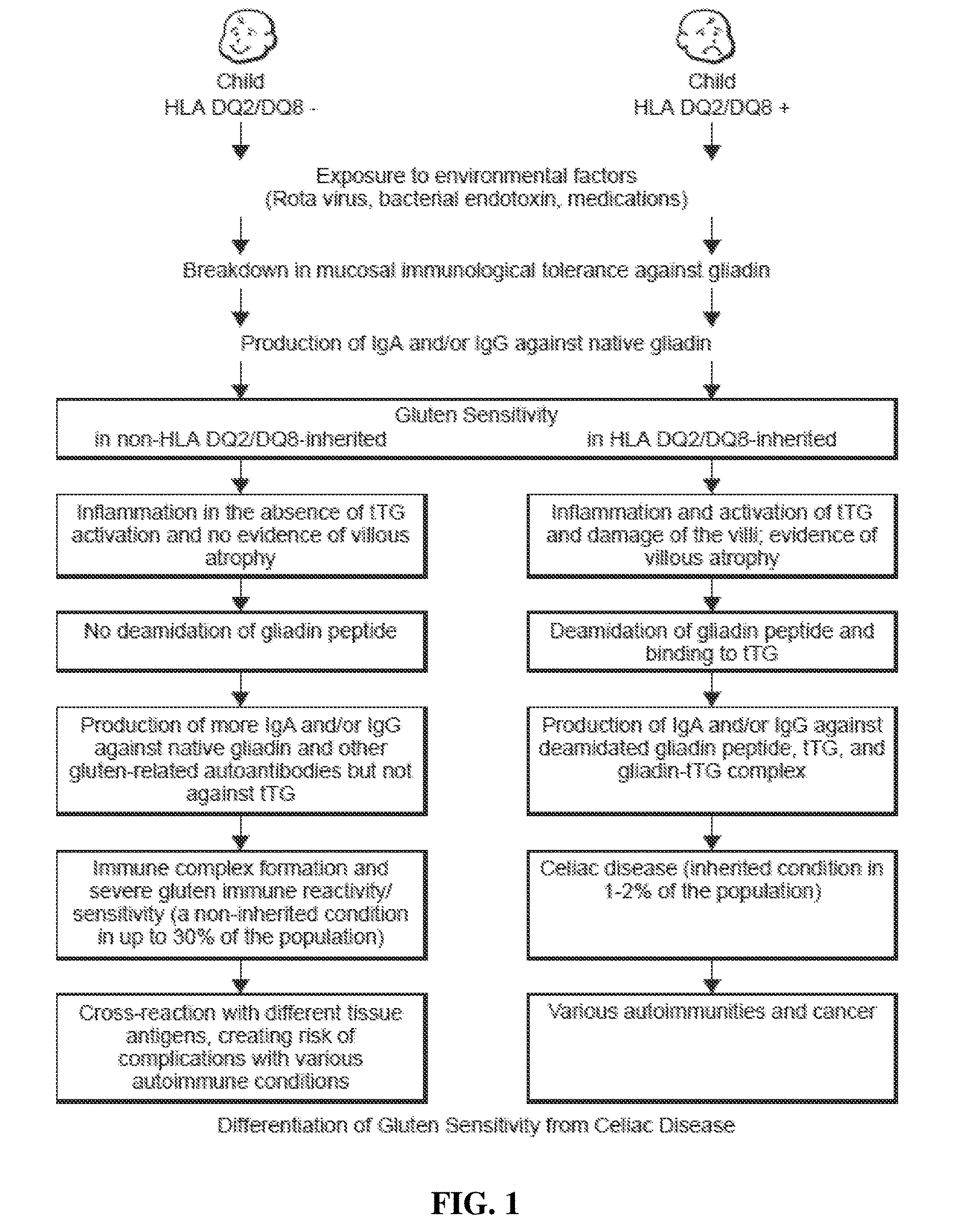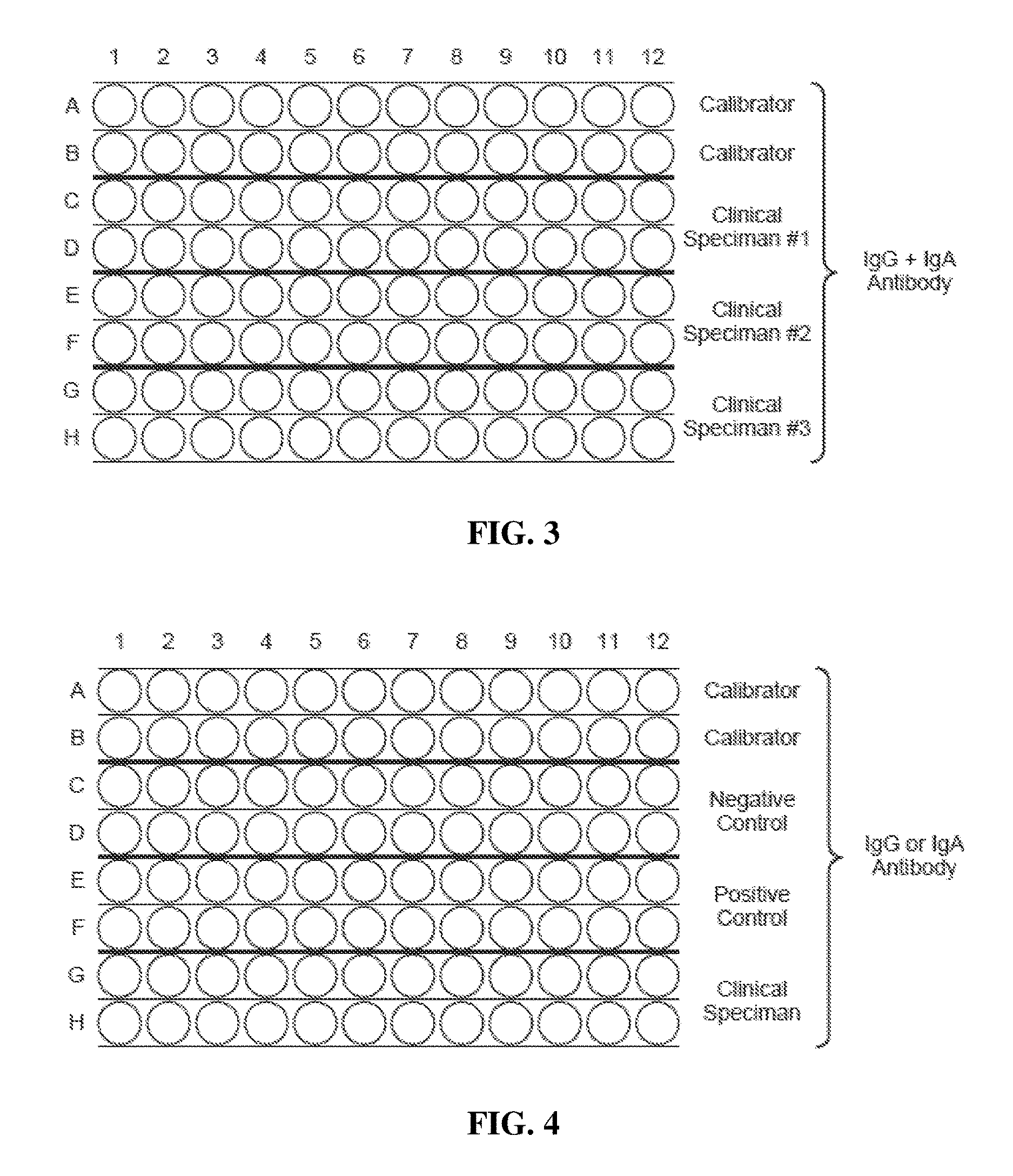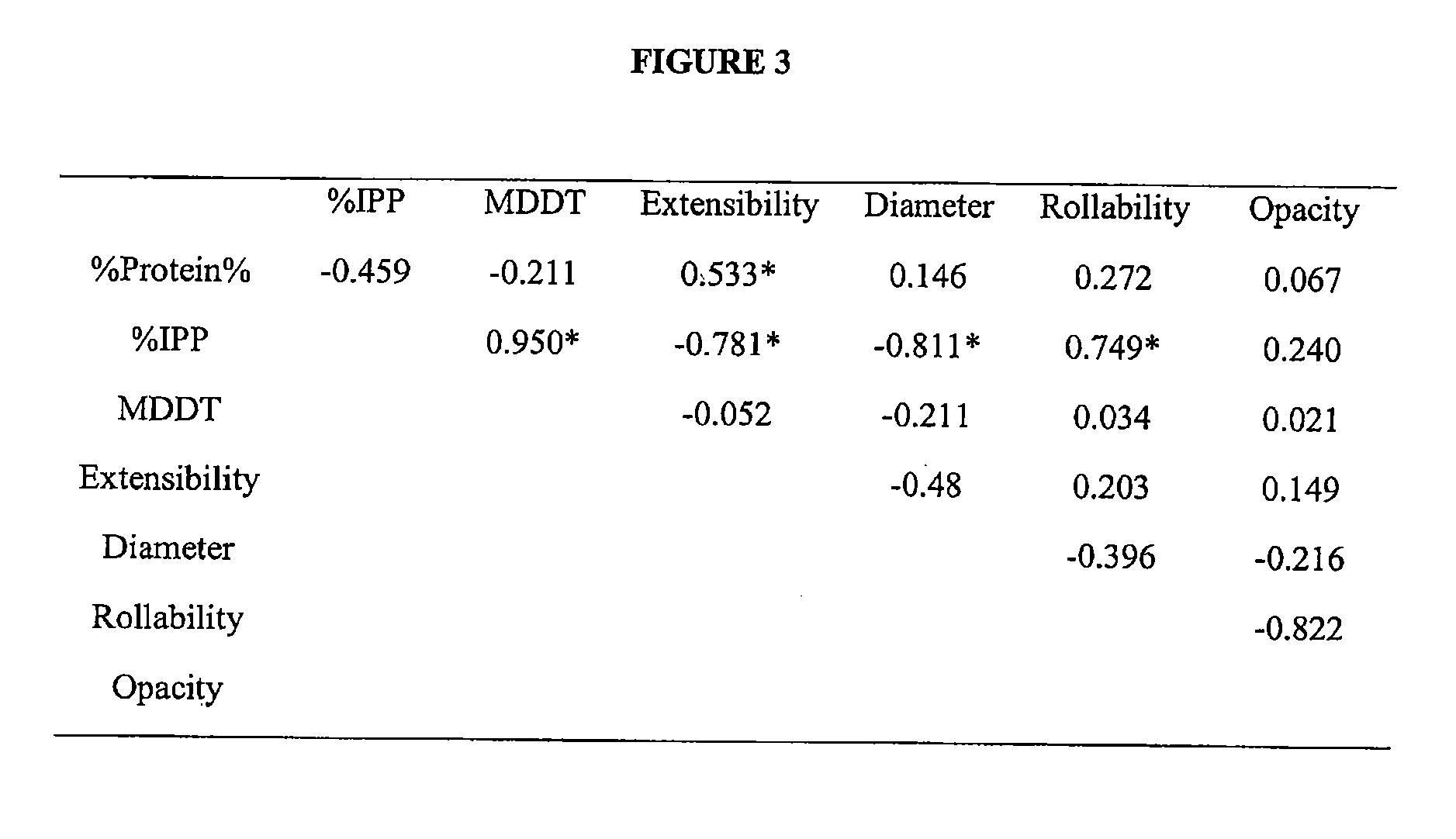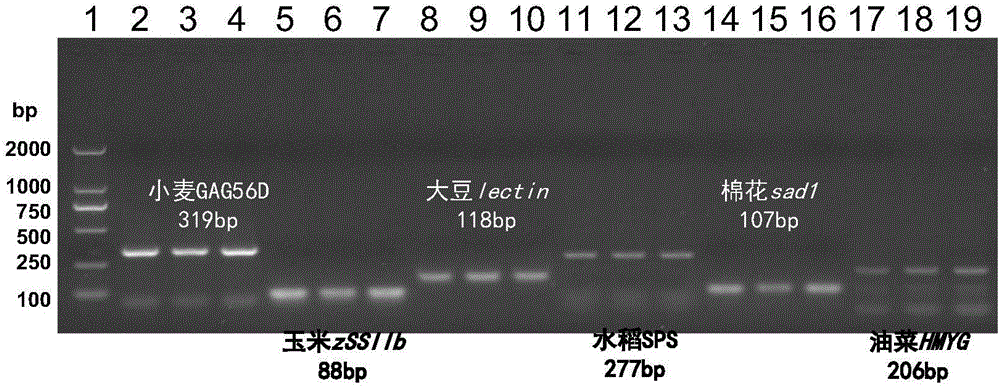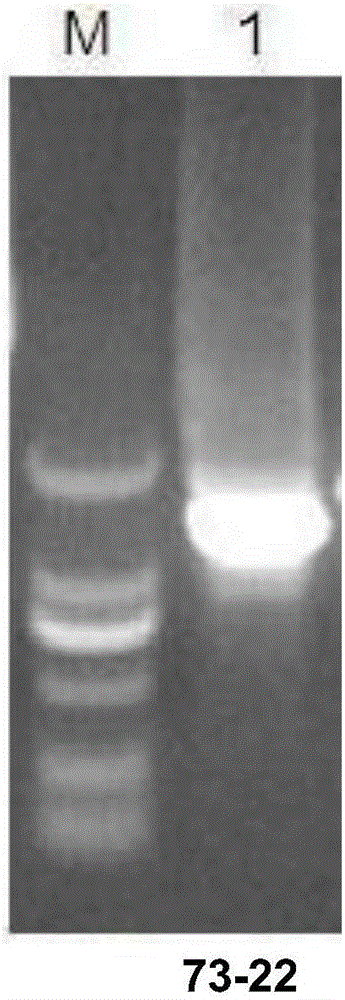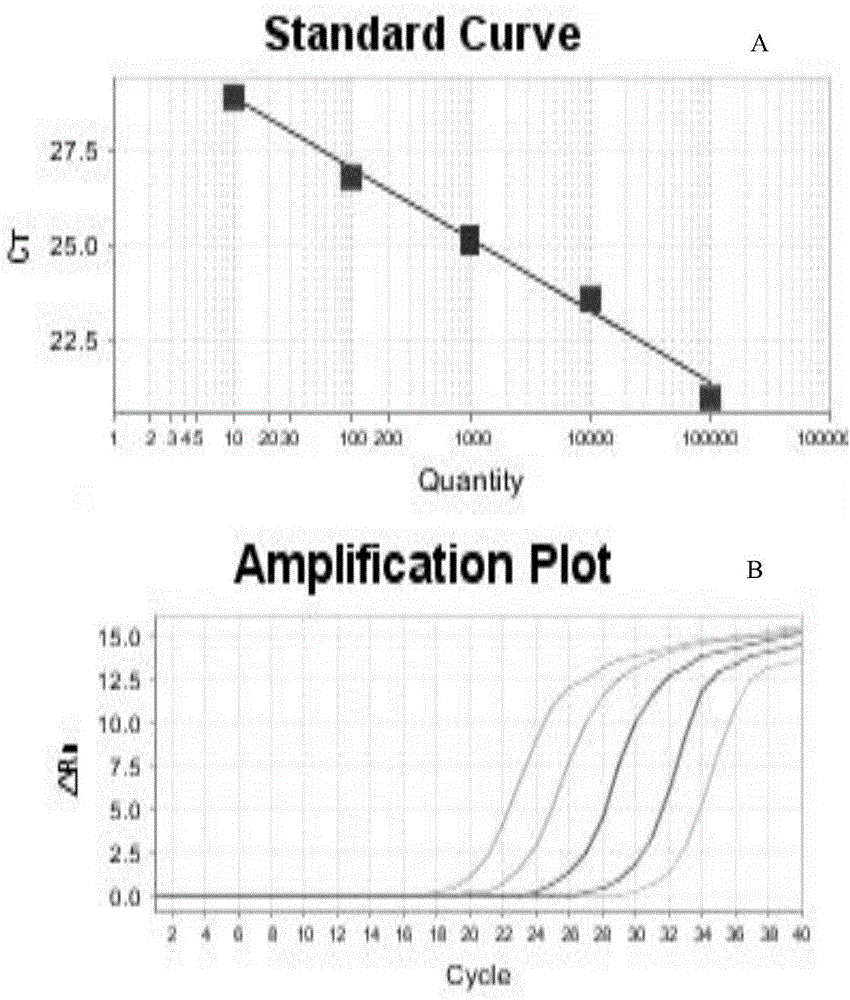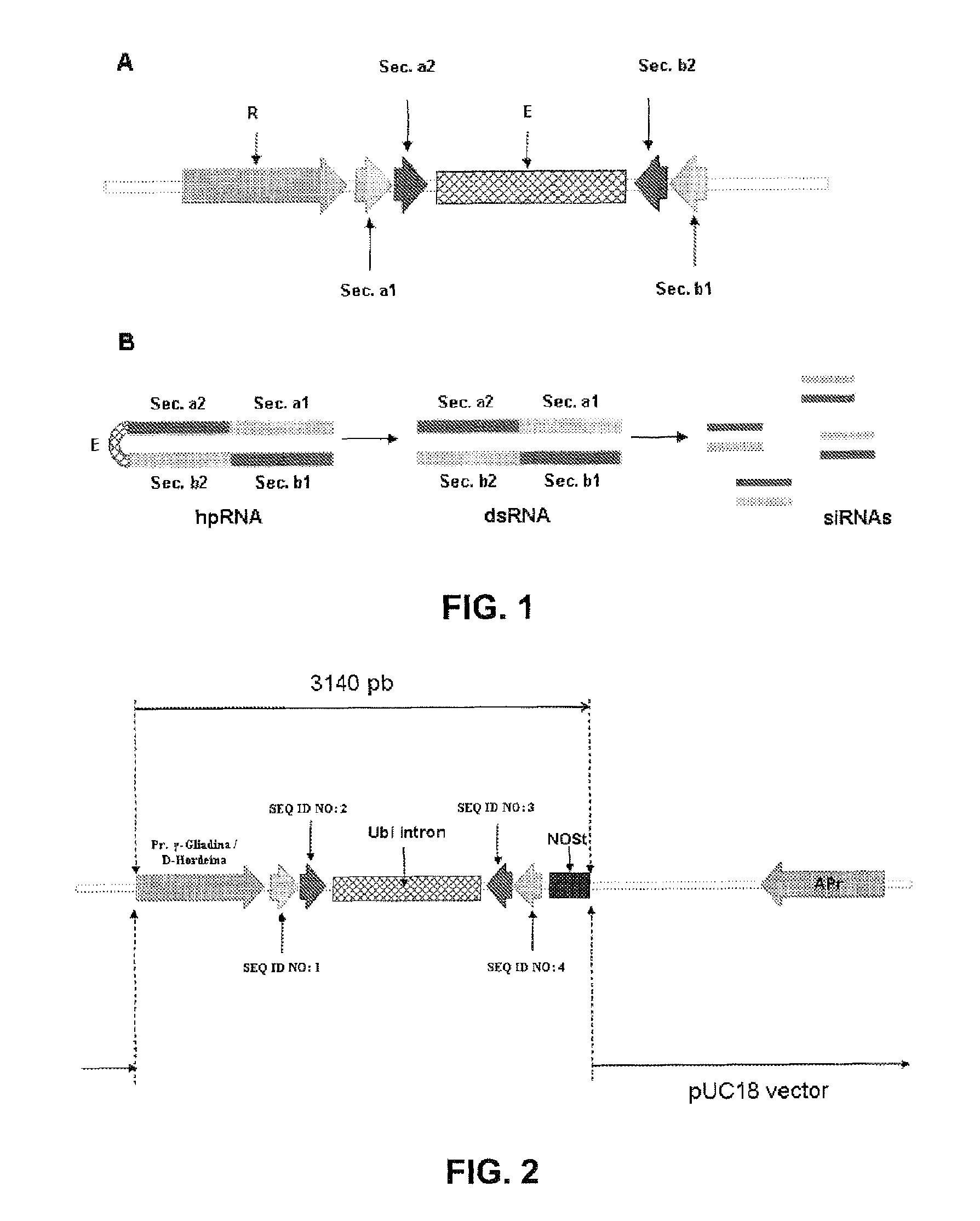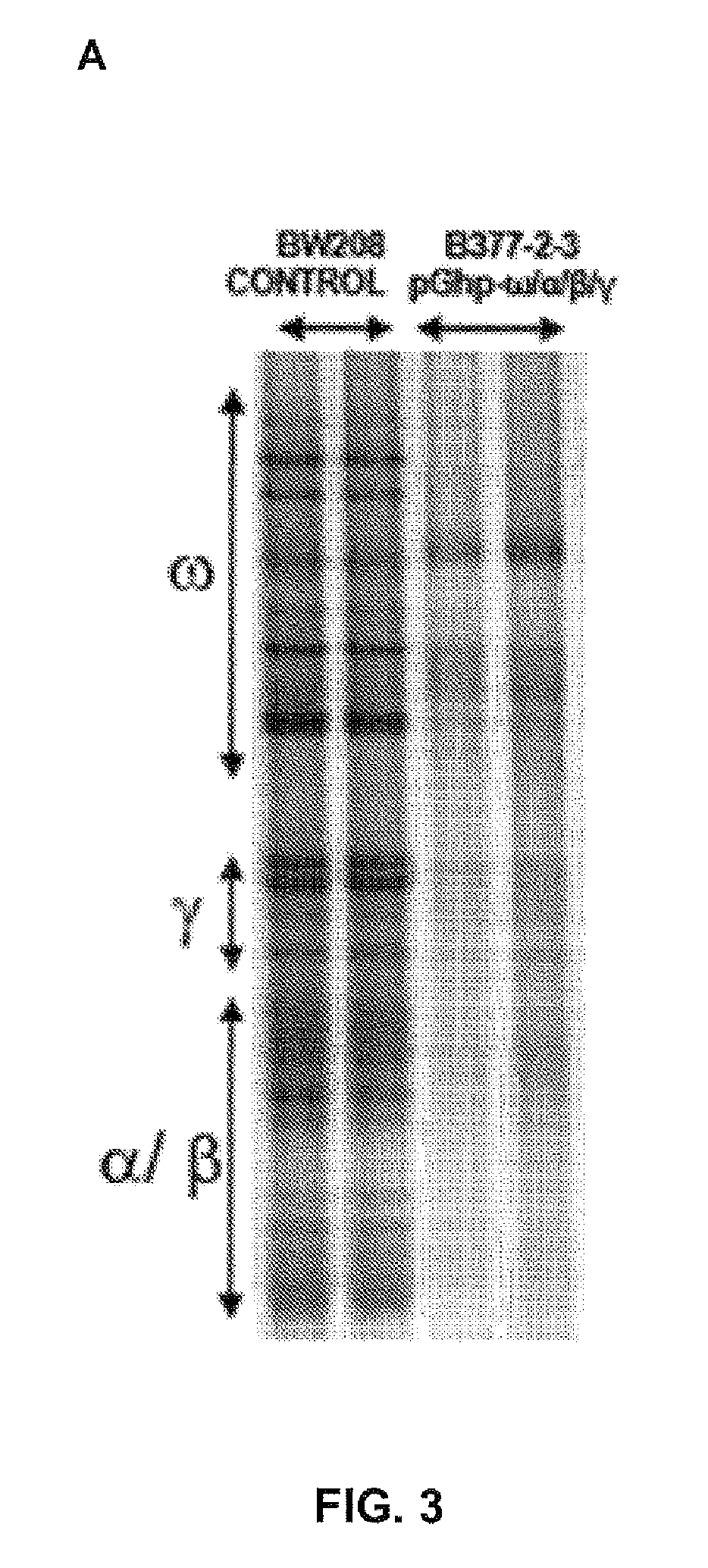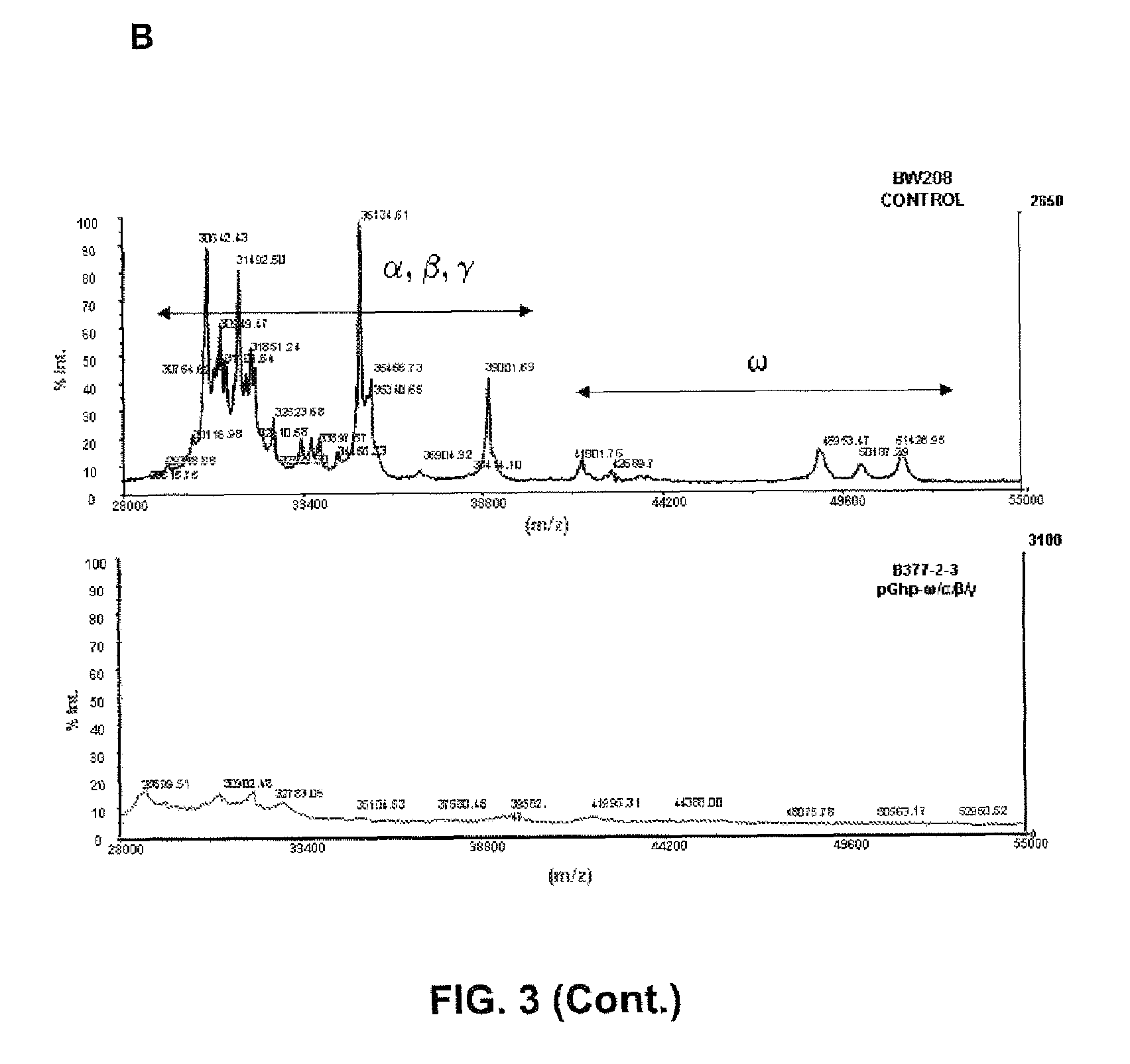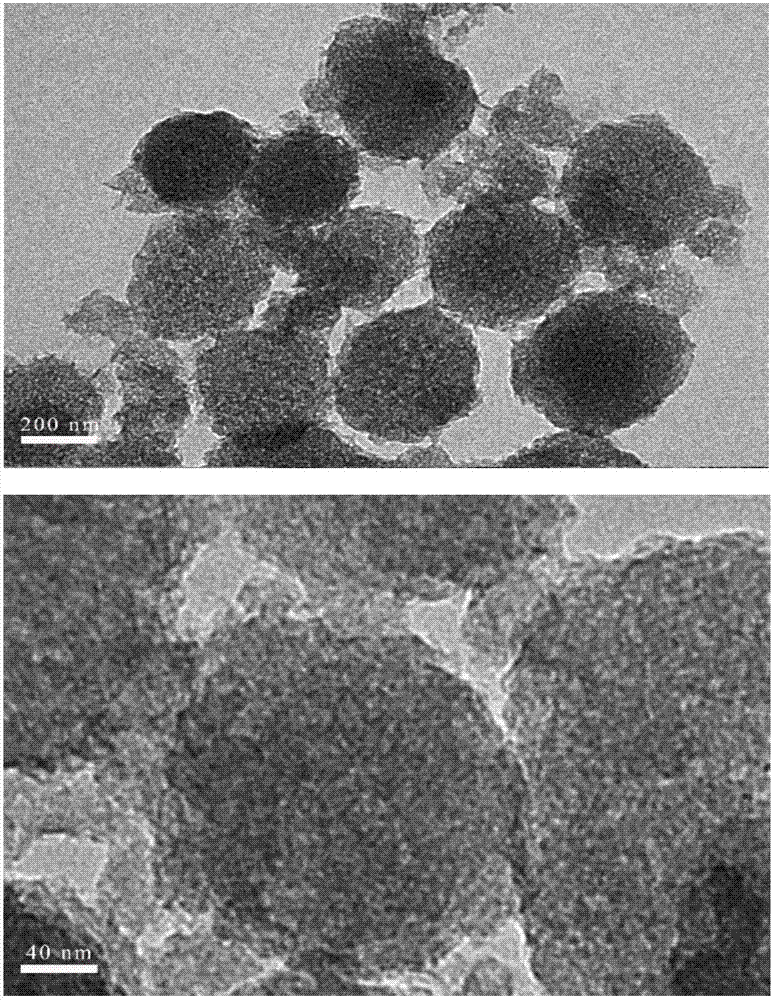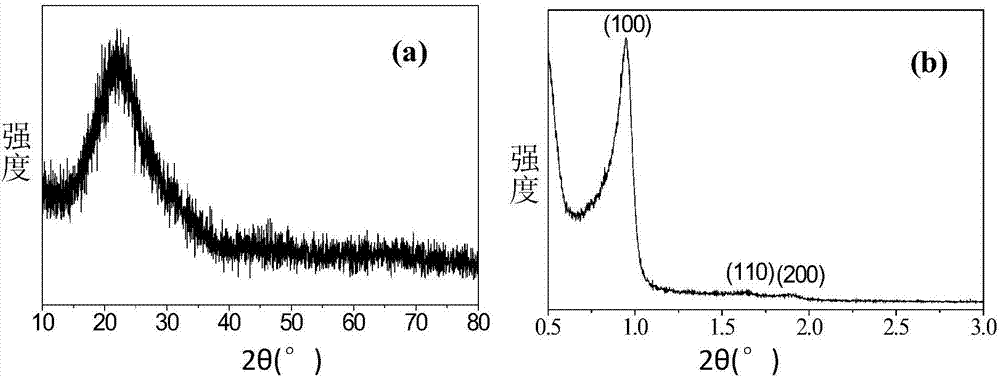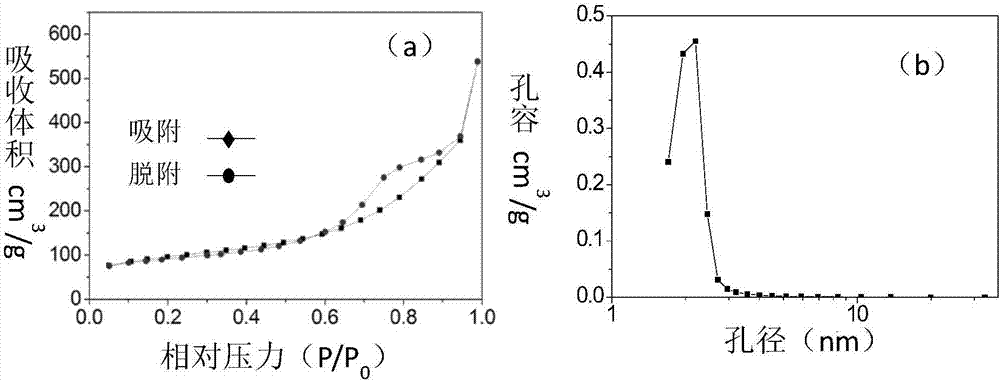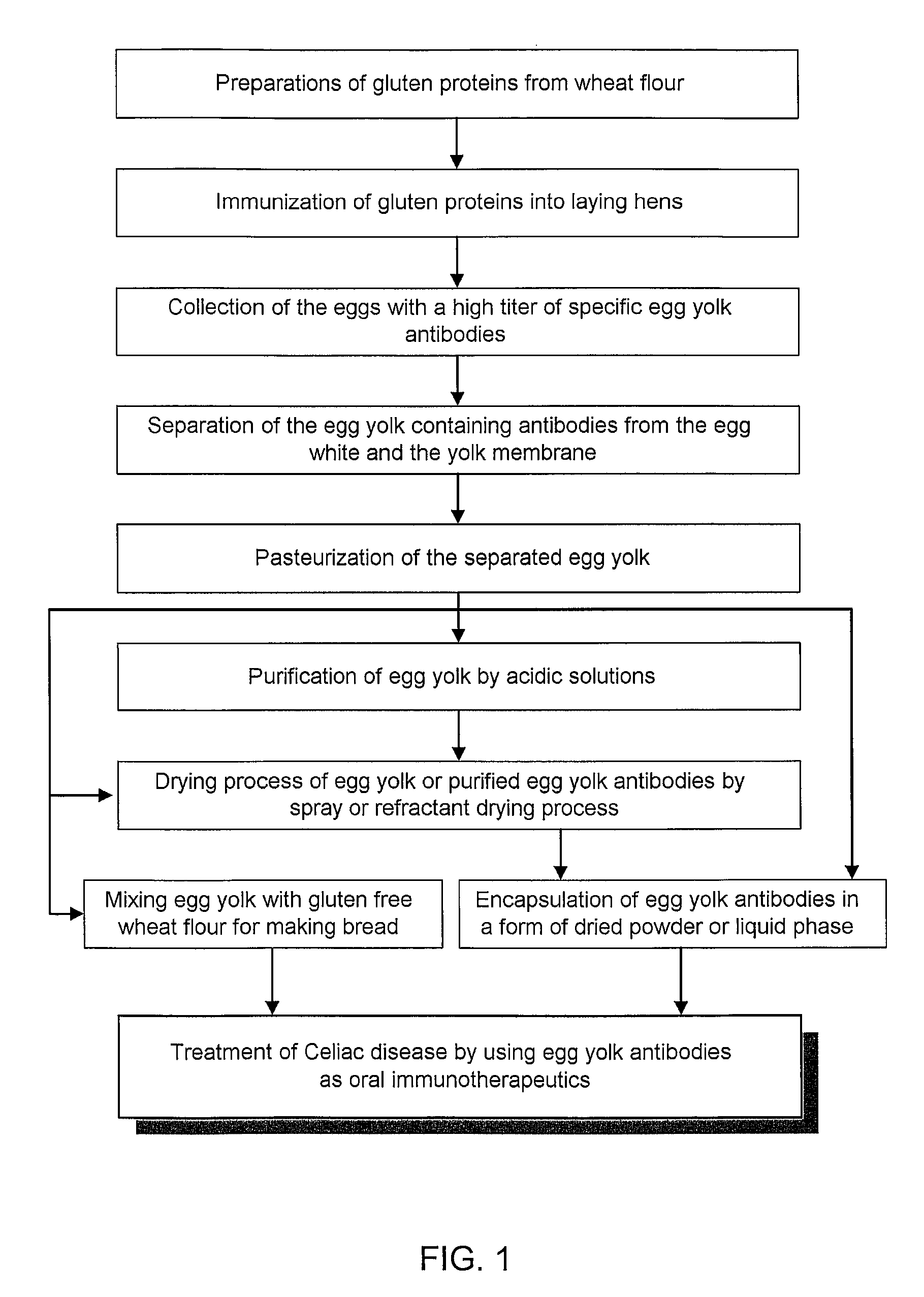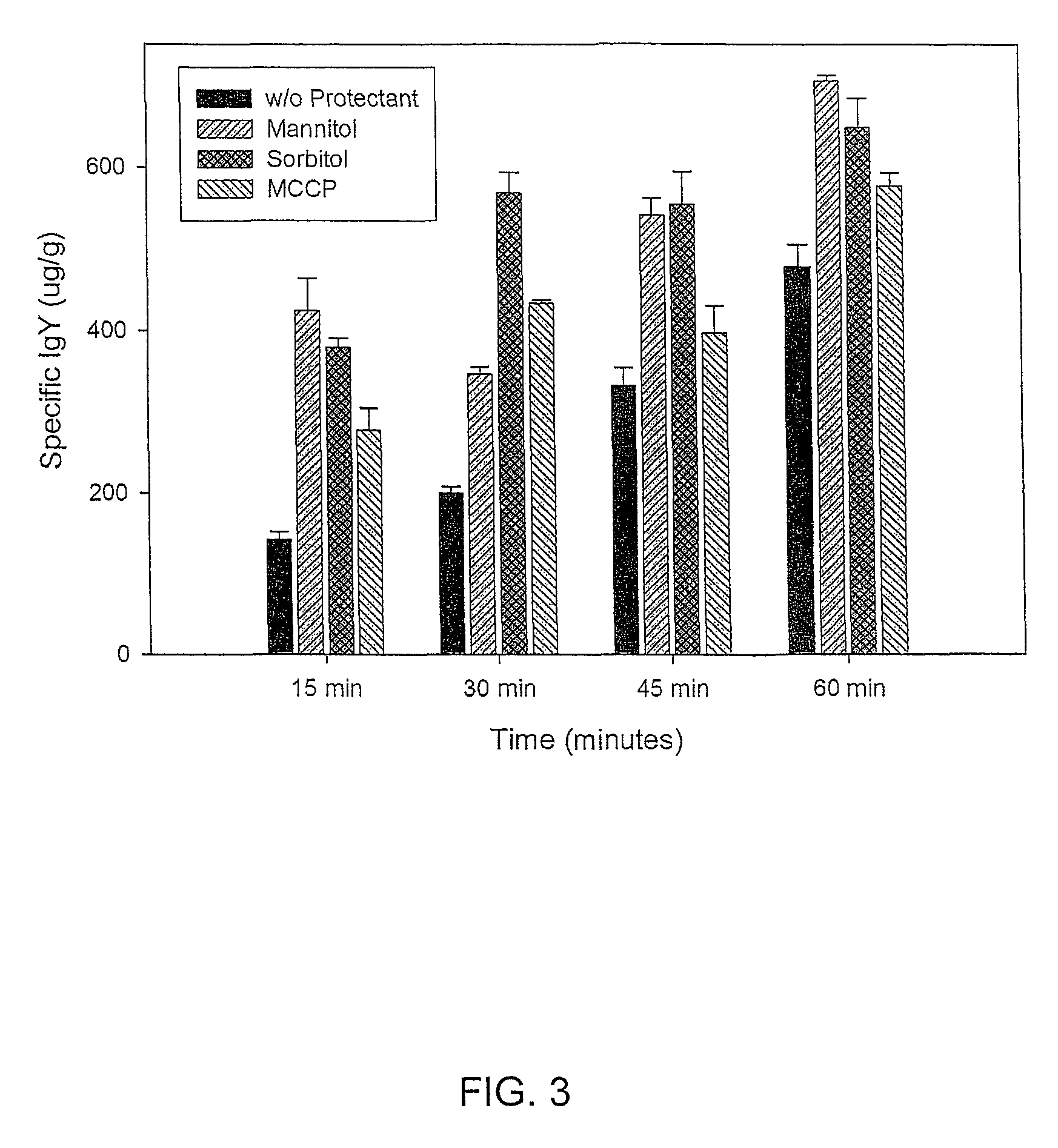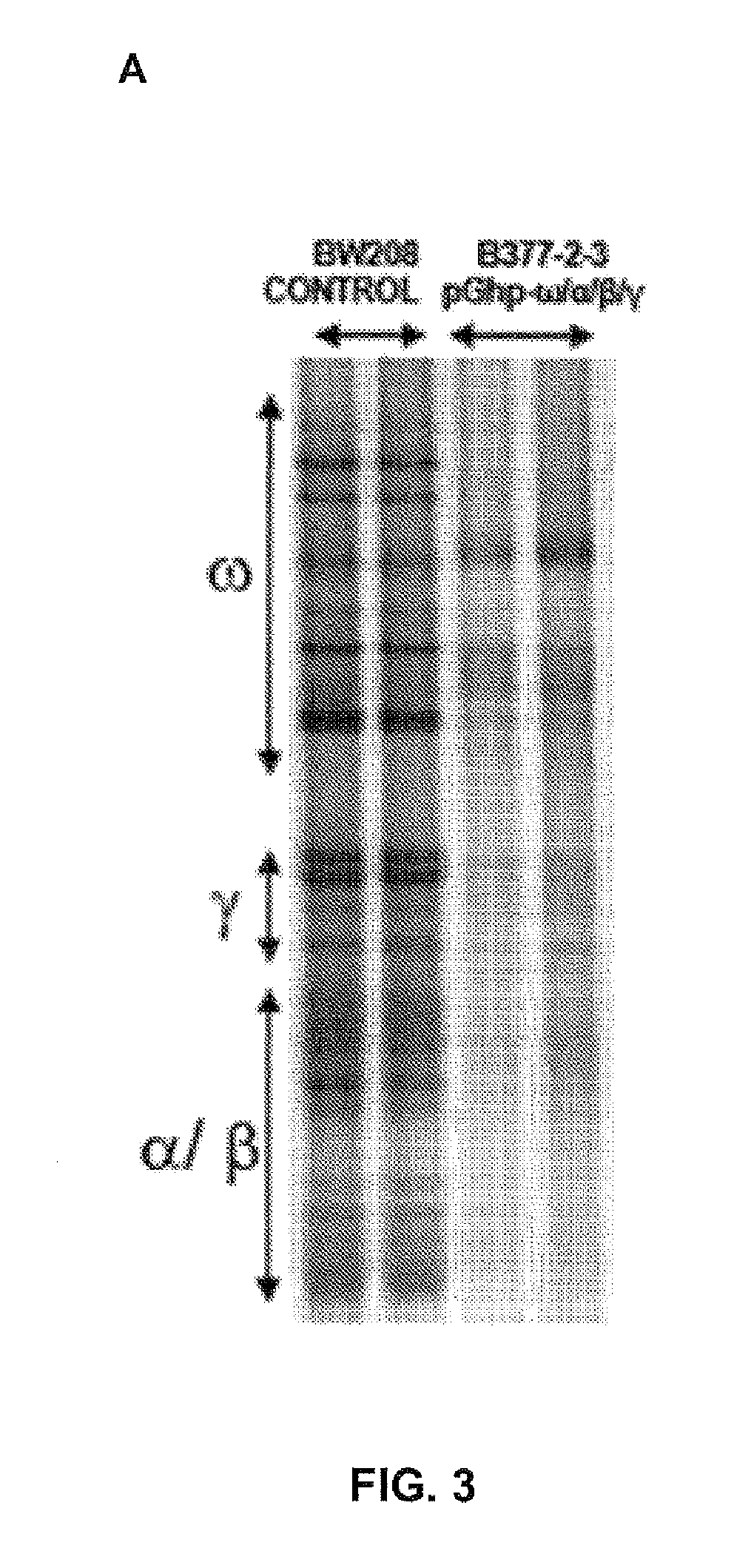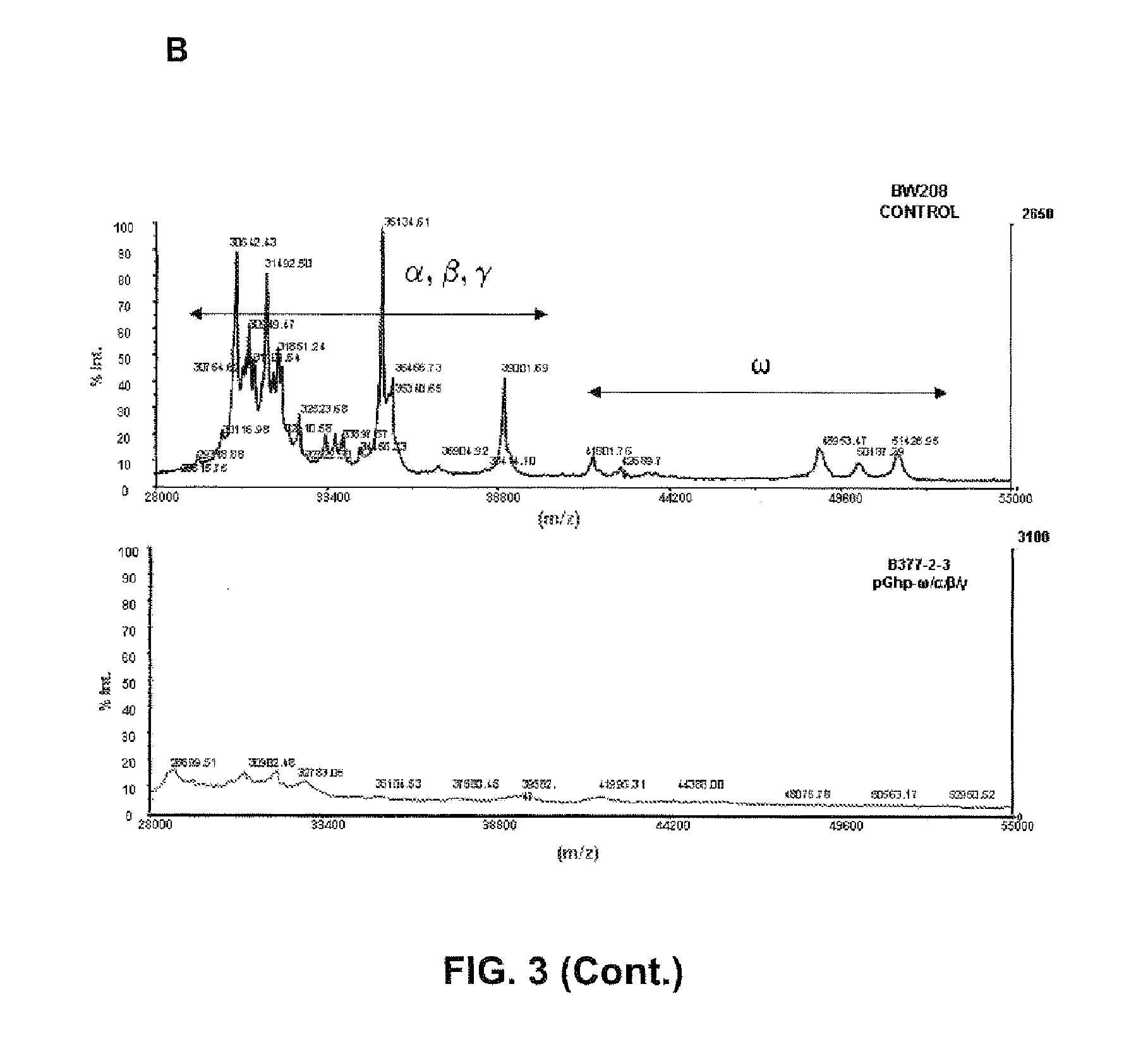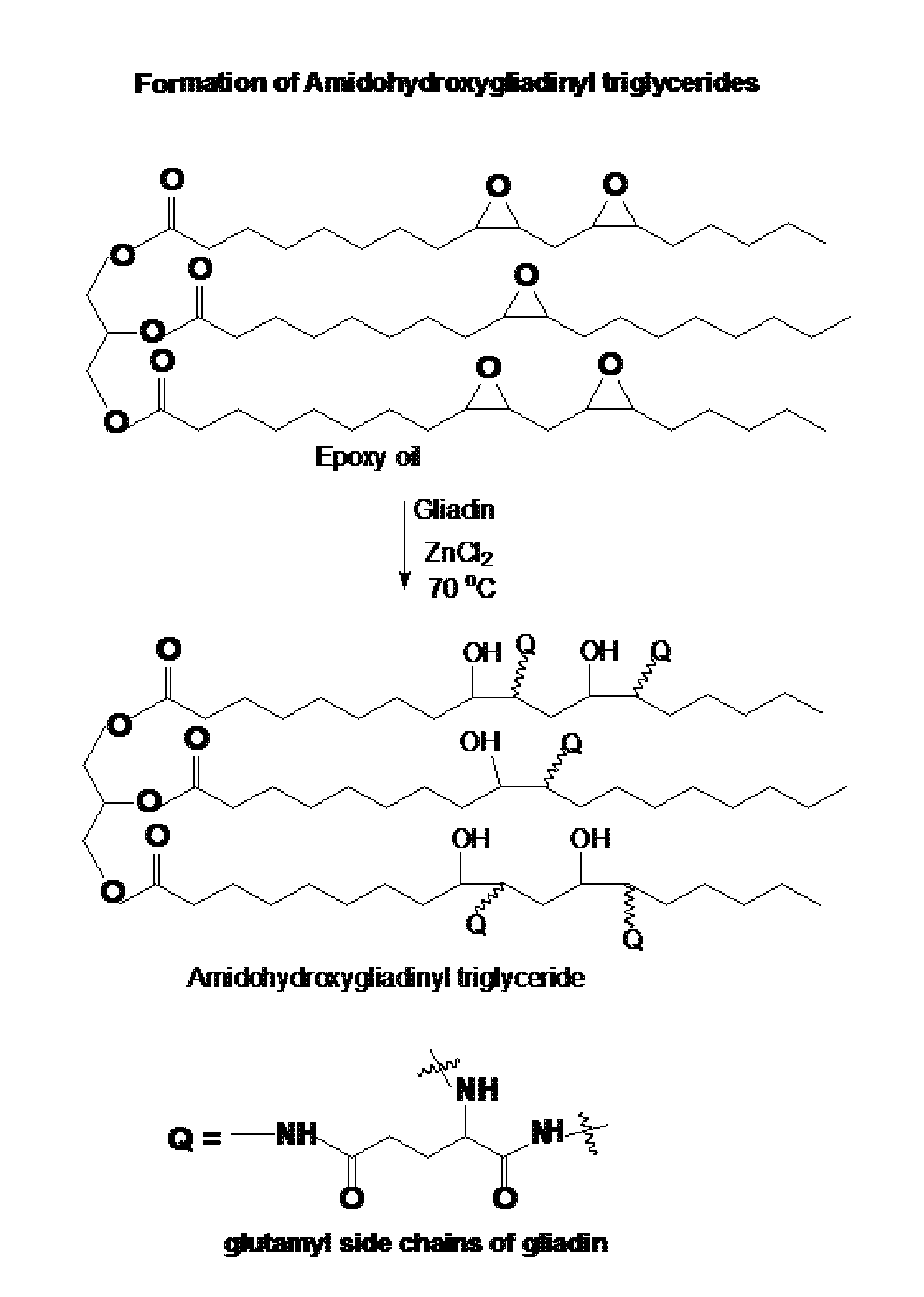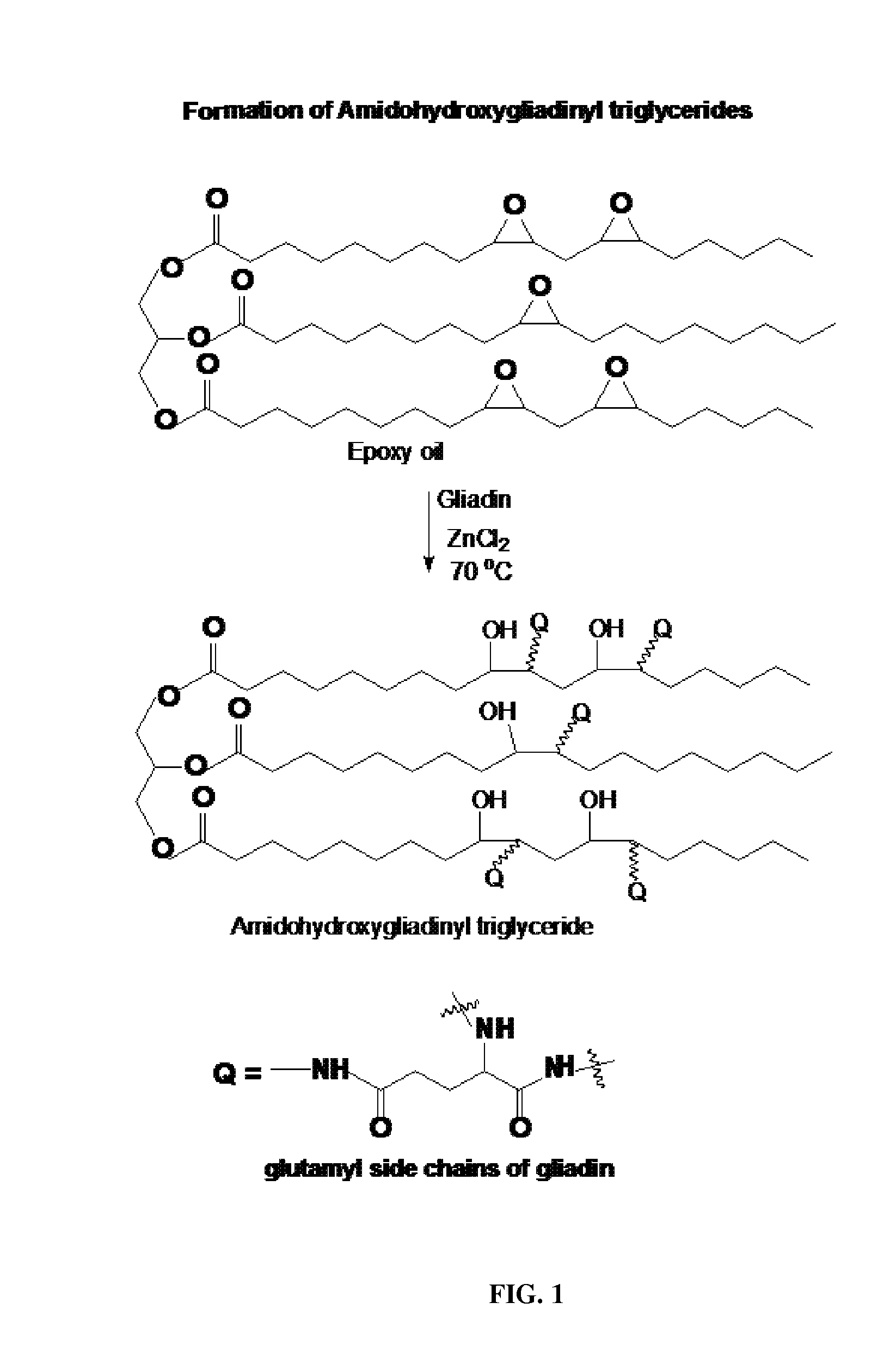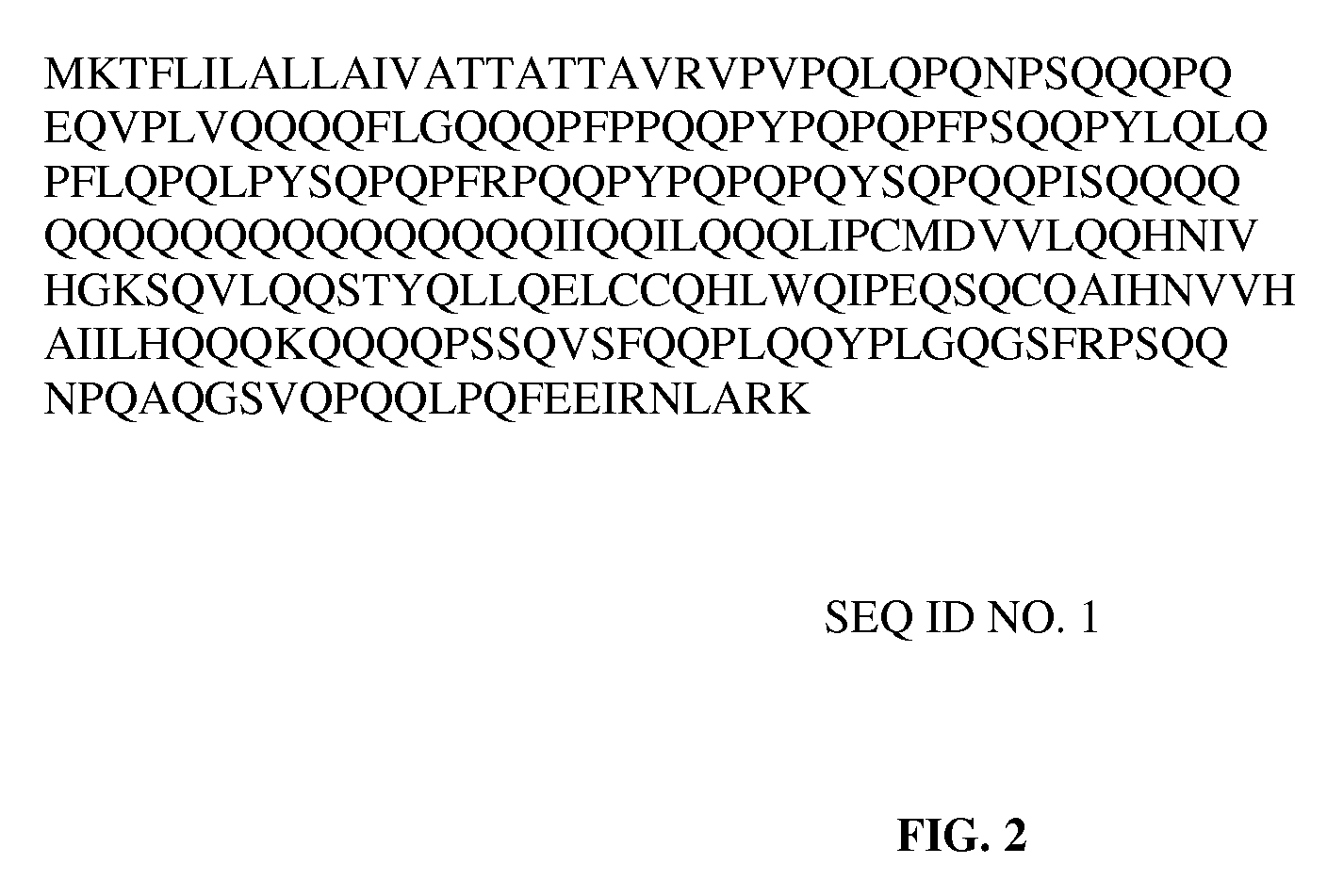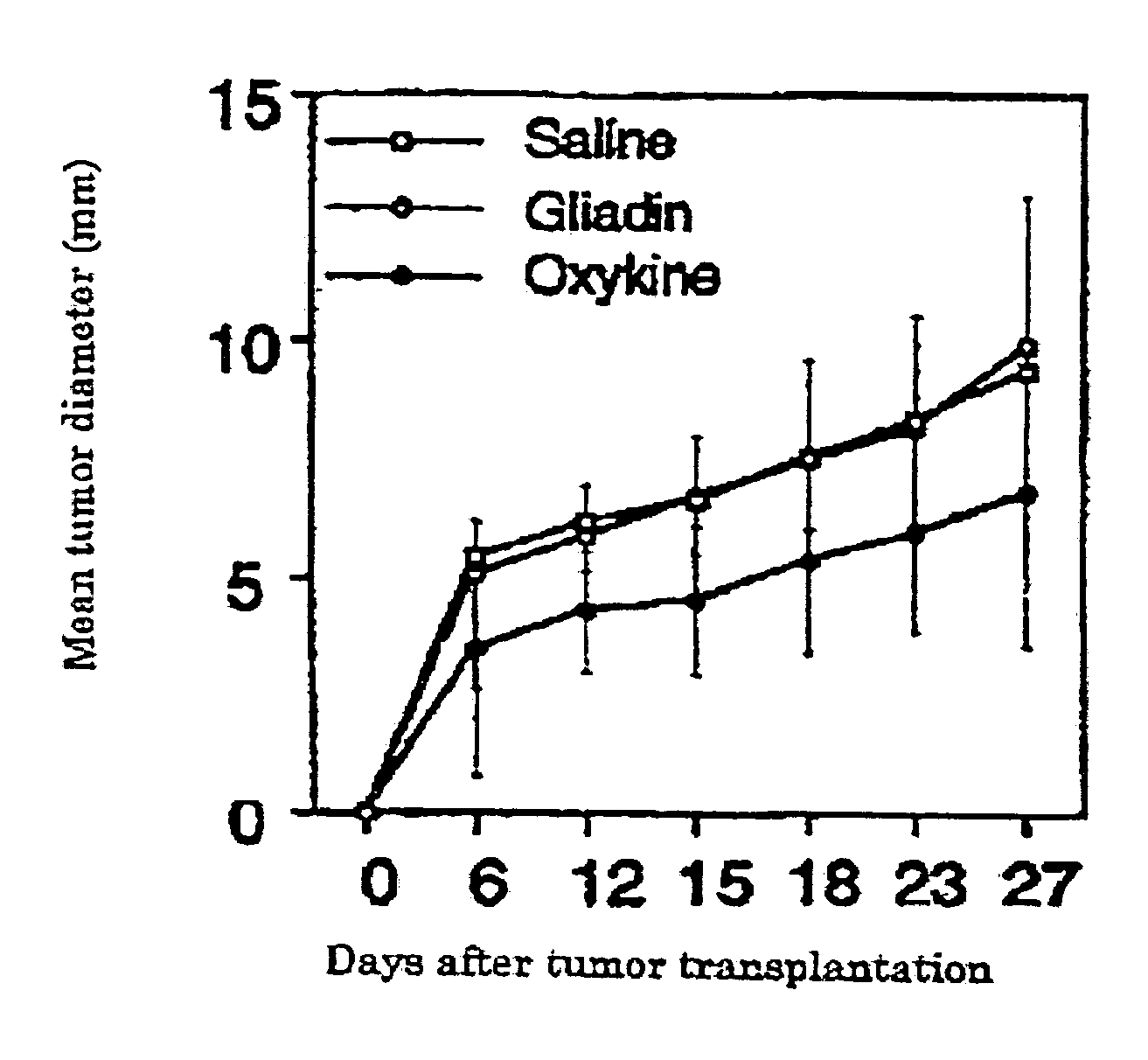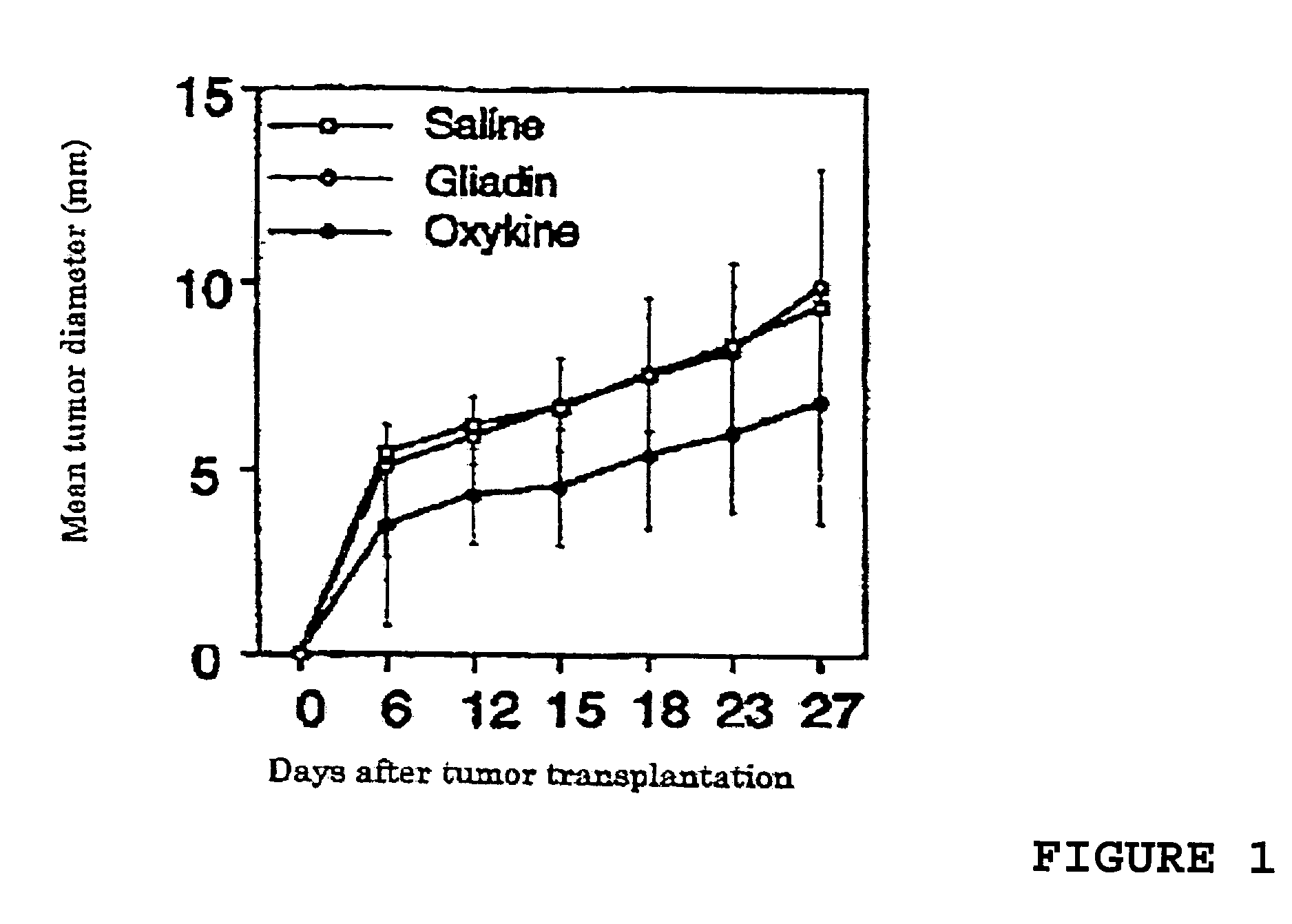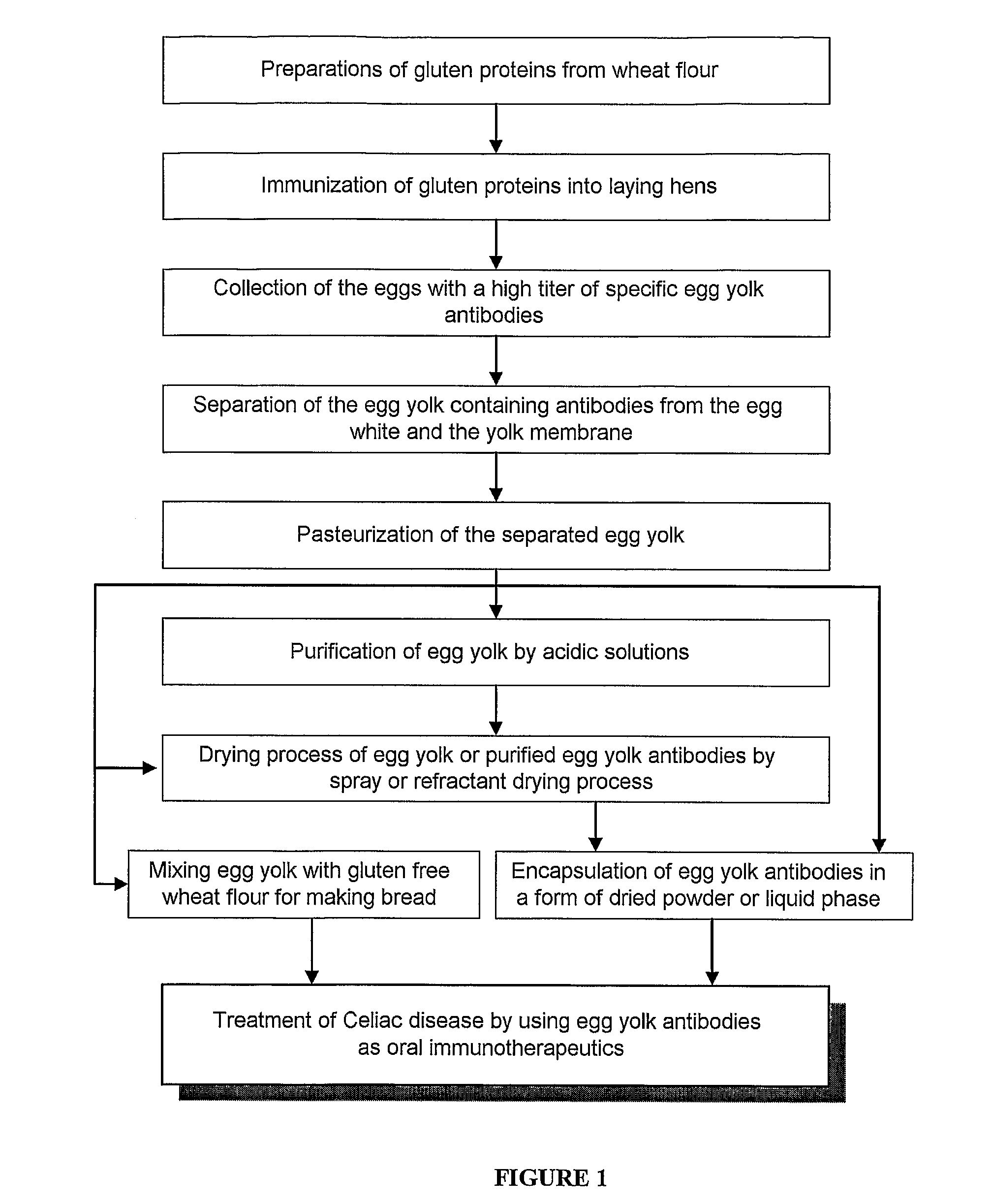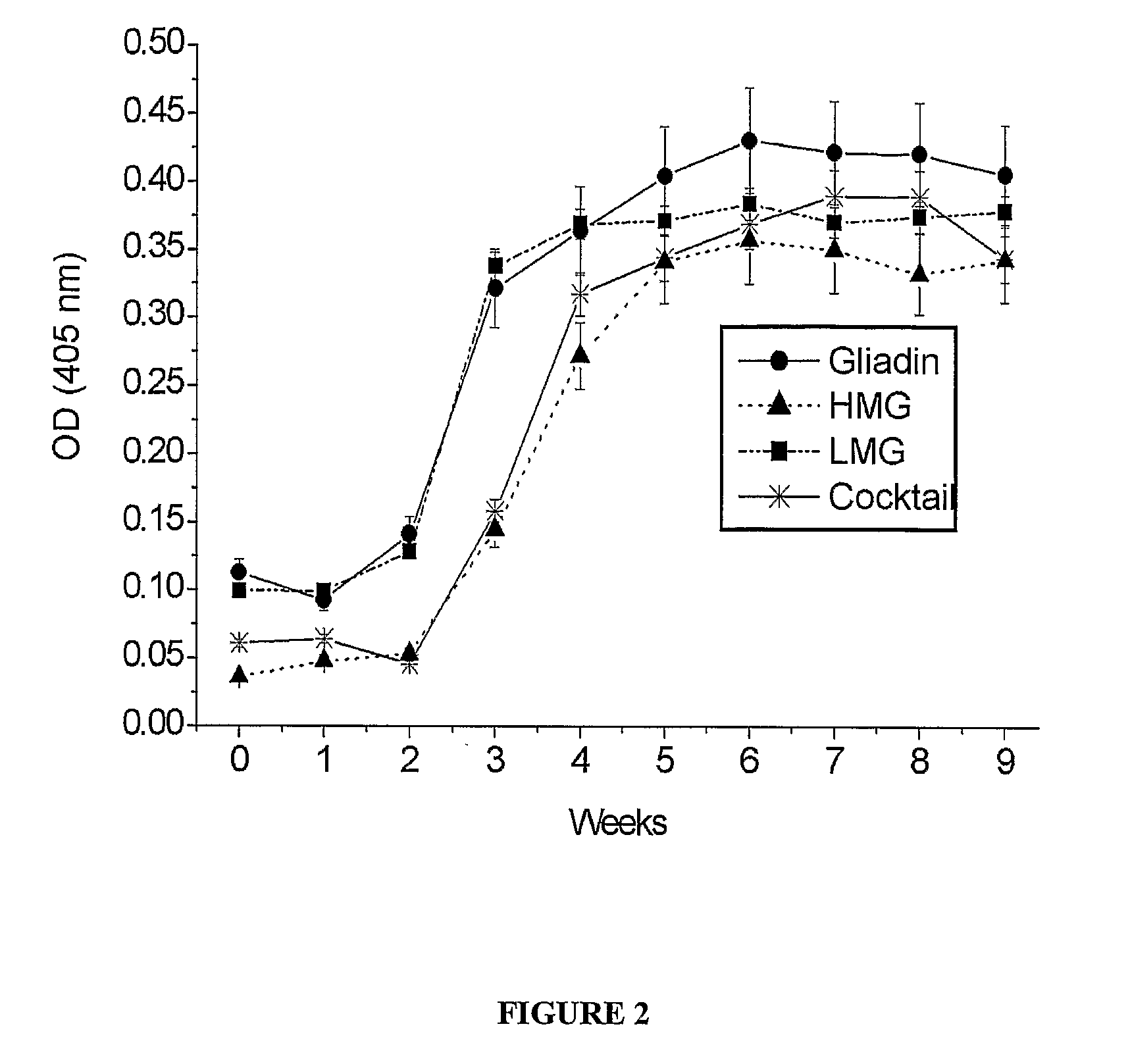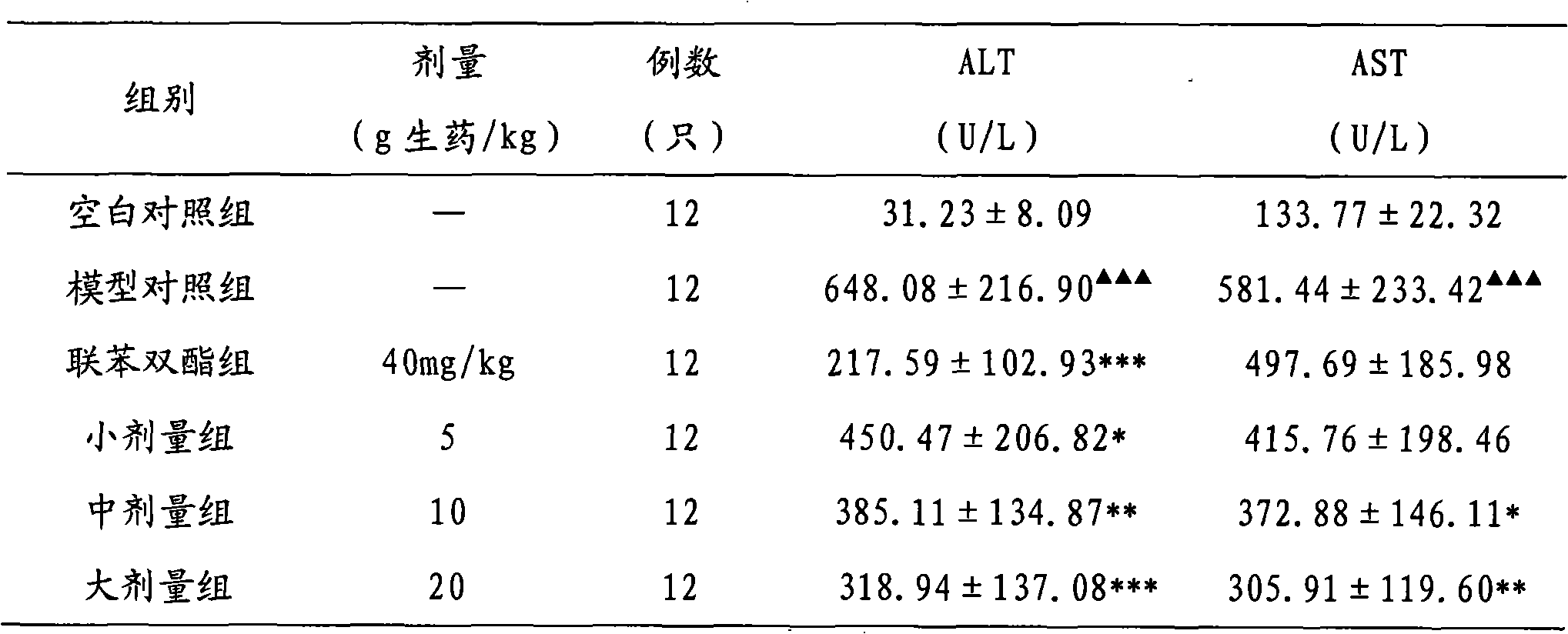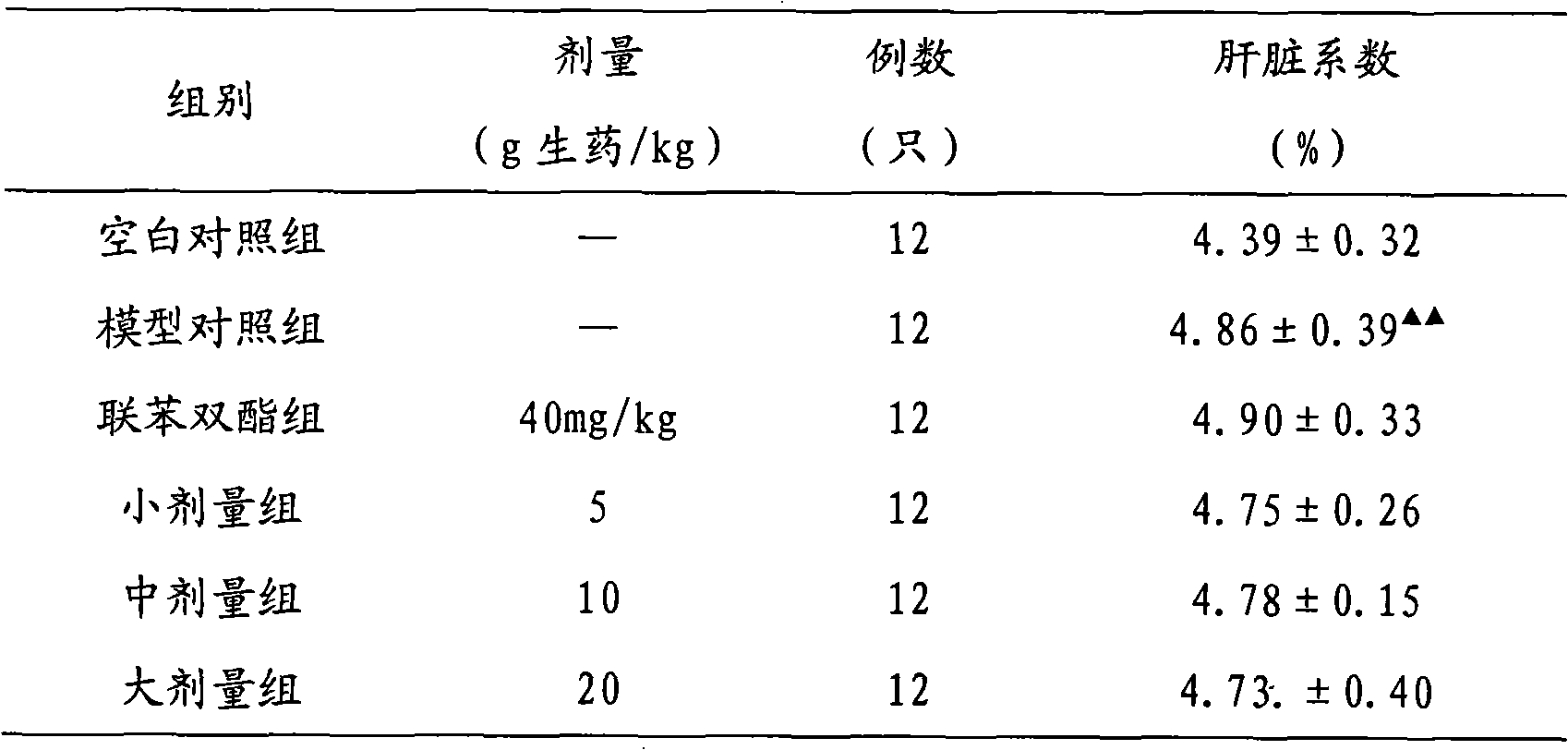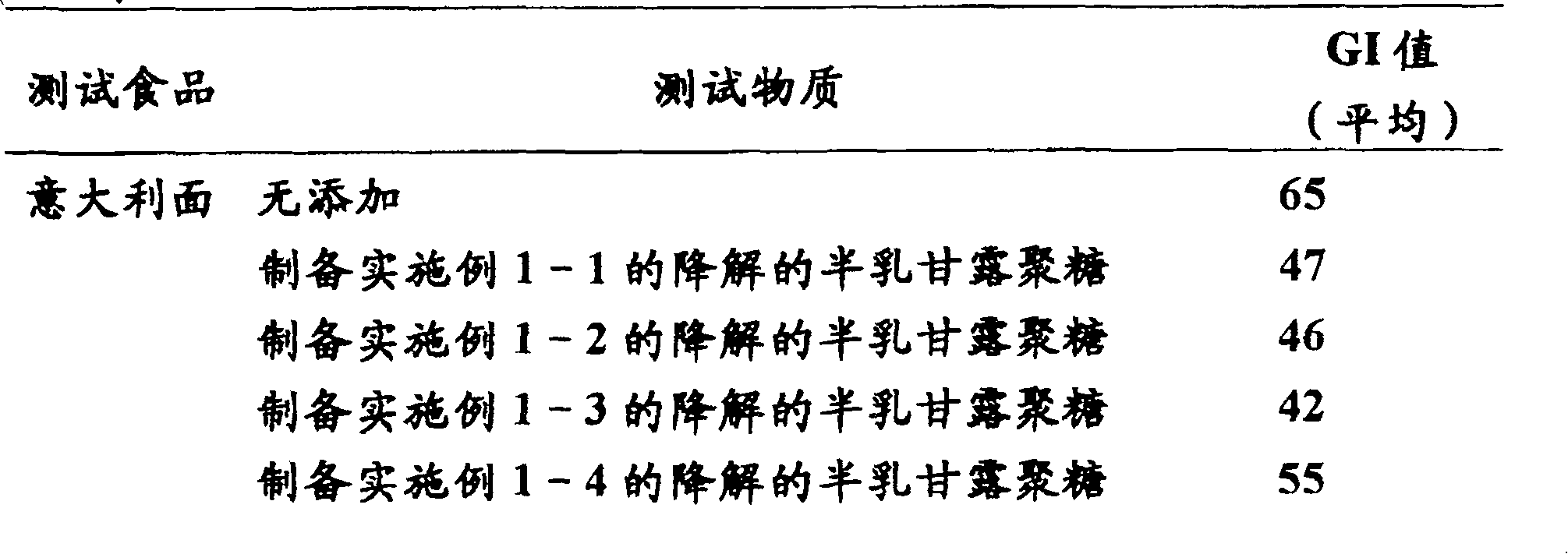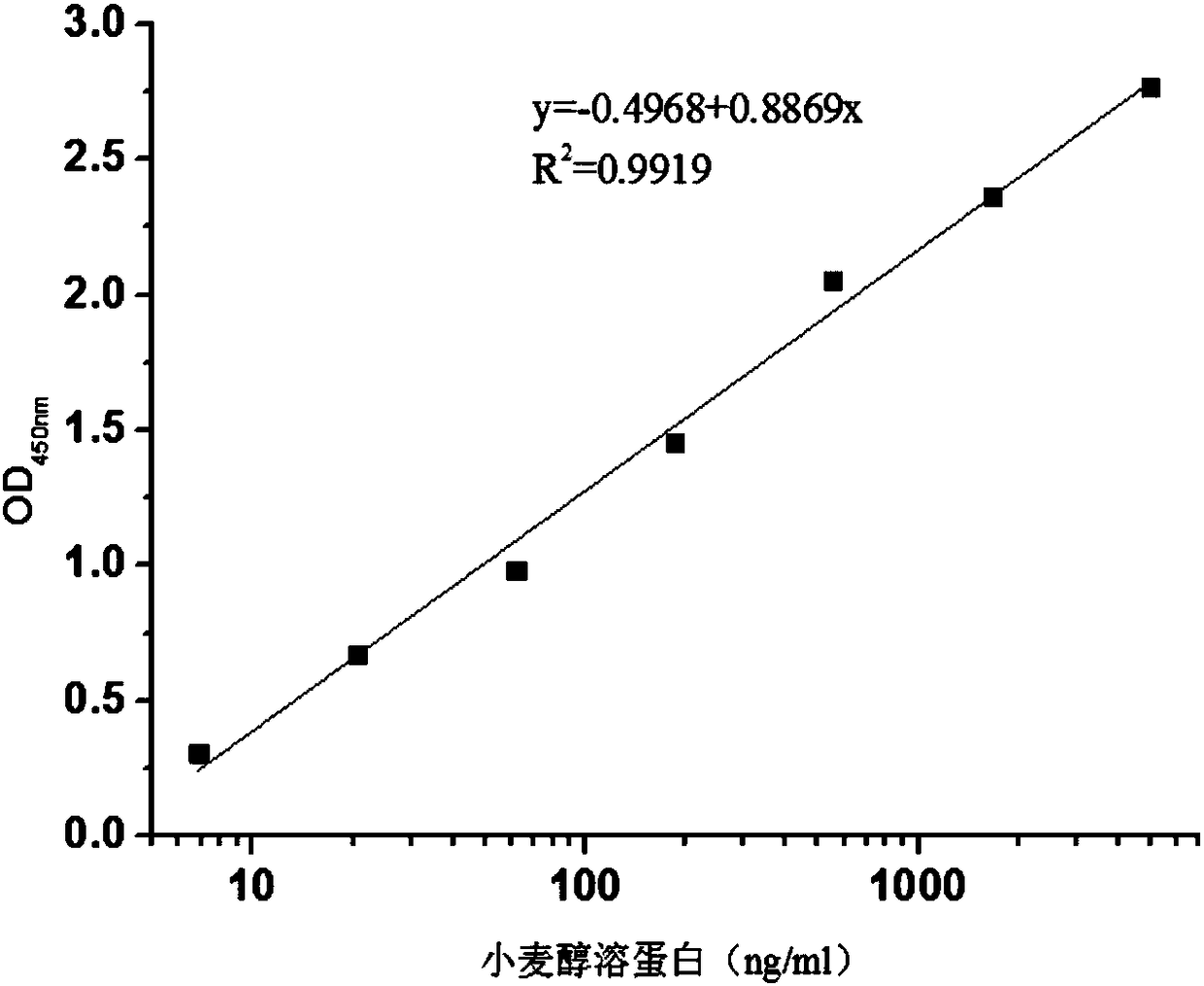Patents
Literature
Hiro is an intelligent assistant for R&D personnel, combined with Patent DNA, to facilitate innovative research.
50 results about "Gliadin IgG" patented technology
Efficacy Topic
Property
Owner
Technical Advancement
Application Domain
Technology Topic
Technology Field Word
Patent Country/Region
Patent Type
Patent Status
Application Year
Inventor
Methods for Diagnosing Celiac Disease Based on the Level of Anti-Gliadin and Anti-tTG IgA and IgG Antibodies
InactiveUS20090176251A1Disease diagnosisBiological testingAnti-tissue transglutaminase IgGTissue transglutaminase Antibody
Owner:INOVA DIAGNOSTICS INC
Process for preparing dough or batter product containing gliadin or glutenin extracted from wheat gluten
A food composition comprises gluten, a gliadin or glutenin and food stuff such as an additive for chewing gum, a batter for frying, a dough, a seafood paste and a livestock paste. A food quality such as taste is improved in the composition.
Owner:ASAMA CHEM
Oral administration nano-drug administration system of resveratrol
ActiveCN101317832AIncrease contactPromote oral absorptionHydroxy compound active ingredientsDigestive systemDrug administrationGliadin
The invention relates to a resveratrol oral administration drug delivery system prepared through the nanometer technology. The drug delivery system is made of the resveratrol and bearer material of wheat gliadin. By utilizing the characteristic that the nanometer granule is highly dispersed and that of biological adhesion of the bearer material, the contact area and contact time of the resveratrol and absorption region of the intestinal canal is increased, which can promote absorption of the small intestine. In addition, the resveratrol oral administration nanometer drug delivery system is distributed over the suitable auxiliary-material skeletal material to improve the dissolve velocity and degree of the resveratrol.
Owner:北大世佳科技开发有限公司
Anti-gluten egg yolk antibodies for the treatment of celiac disease
The present invention relates to compositions for ameliorating the symptoms of celiac disease or gluten sensitive enteropathy comprising egg yolk antibodies against gluten, including gliadin, high molecular glutenin, low molecular glutenin and mixtures of the three peptides. The antibodies may be produced by immunizing laying hens with immunogenic preparations of gluten and harvesting the eggs and egg yolks.
Owner:VETANDA IP PCC LTD
Wheat alcohol-soluble protein and glutelin as well as preparation method and application thereof
The invention belongs to the technical field of processing of grain active protein and in particular relates to wheat alcohol-soluble protein and glutelin as well as a preparation method and an application thereof. The preparation method of the wheat alcohol-soluble protein and the glutelin takes wheat meal as the raw material and comprises the following steps: extracting with an alkaline alcohol solution, settling and separating, concentrating, separating and purifying, and drying to prepare the wheat alcohol-soluble protein and the glutelin. The wheat alcohol-soluble protein and the glutelin prepared by the method are high in activity, excellent in viscoelasticity and extensibility and especially applied to production of rice and flour products such as steamed bun, noodles, bread, rice noodles and soft sweets or gelled foods prepared by the rice and flour products.
Owner:HUAZHONG AGRI UNIV
Method of fractionating gliadin from wheat gluten protein and fabrication of edible film therefrom
InactiveUS20090136641A1Excellent resistance to moisture and lipid and gas permeationImprove mechanical propertiesConfectionerySweetmeatsSolubilityGlycerol
A method for the development of biodegradable or edible film from wheat gluten protein has been revealed. For this purpose, a fraction of gliadin protein, on the basis of solubility, is recovered from ethanolic extract of wheat gluten protein to fabricate homogenous, transparent, heat sealable and water soluble edible films with novel functional and mechanical properties. To reduce film brittleness, glycerol was added in the formulation as a plasticizer. A three dimensional network of gliadin protein's fraction, water and plasticizer is formed by virtue of new hydrogen bonds, hydrophobic interactions and disulphide bonds when such films are produced by casting technique followed by drying. This network provides resistance to moisture, lipid and gas permeation together with glossy sheen when coated on a variety of substrates.
Owner:AZAM MAHMOOD +3
Sucrose-free oil-free gluten-free cake and production process thereof
The invention relates to a sucrose-free oil-free gluten-free cake and a production process thereof. The sucrose-free oil-free gluten-free cake is prepared from the following raw materials in parts byweight: 12-25 parts of almond powder, 0.5-3 parts of coconut flour, 2-5 parts of rice flour, 0.2-1 part of linseed powder, 0.5-2 parts of inulin, 13.02-26.6 parts of compound sugar, 0.2-0.5 part of potassium hydrogen tartrate, 30-50 parts of egg white, 20-30 parts of egg yolk and 20-37 parts of milk. The cake is not added with any animal and vegetable oil, sucrose and raw material containing gliadin and glutenin, and is a true oil-free, sucrose-free and gluten-free product. Moreover, the process uses non-traditional pastry ingredients such as the almond powder and the coconut flour as main materials, and the mouth feel of the product is close to that of traditional cakes, but the cake tastes slightly different from traditional cakes. Under the condition of stable quality assurance, the cake is more abundant in mouth feel, and the finished product is better in color and better in taste.
Owner:邹亚红
Preparation method for gliadin-chitosan condensate
InactiveCN110122876AImprove stabilityImprove lipophilicityFood ingredientsAlcoholAcetic acid solution
The invention discloses a preparation method for a gliadin-chitosan condensate. The method comprises the following steps: enabling gliadin to be dissolved in alcoholic solution; preparing chitosan acetic acid solution; pouring gliadin alcoholic solution into the chitosan acetic acid solution and homogenizing, wherein a volume ratio of two types of the solution is 1:7, rotary-evaporating the alcoholic solution, centrifuging, and taking supernatant liquid; and adjusting a pH value of the supernatant liquid to be 7.0, after enabling obtained solution to be mixed with grease, shearing and emulsifying, to obtain the gliadin-chitosan condensate. Stability, amphipathic capacity and protein load rate of the gliadin-chitosan condensate are improved. A cross stress, an elasticity modulus and a viscosity modulus are improved too. Application range and effect are greatly extended.
Owner:GUANGZHOU UNIVERSITY
Preparation method for high-strength wheat protein fiber
ActiveCN104532380AHigh strengthHigh tensile strengthMonocomponent protein artificial filamentWet spinning methodsResource utilizationGliadin
The invention relates to a preparation method for high-strength wheat protein fiber, belonging to the field of wheat protein resource utilization. The preparation method comprises the following steps: mixing purified glutenin and wheat gliadin in a mass ratio of (1-2) to (2-1) to obtain a mixture I; adding and dissolving a denaturing agent and a reducing agent in the mixture I to obtain a mixture II, and processing the mixture II under microwaves with certain powder to obtain a spinning solution; and spinning, stretching, performing fumigation treatment by glutaraldehyde or formaldehyde steam to obtain the high-strength wheat protein fiber. The high-strength wheat protein fiber prepared by the preparation method disclosed by the invention has silk gloss, tensile strength and elongation at break which are close to those of wool, dry-state breaking strength of 0.9-1.4cN / dtex, dry-state elongation at break up of 28%-35%, and moisture regain of 10%-12% at 20 DEG C under 65%R.H.
Owner:JIANGNAN UNIV
Composition and foods for lowering glycemic index
ActiveCN1809287ALow GI valueNot inherently toxicOrganic active ingredientsPeptide/protein ingredientsGliadinGliadin IgG
A composition for lowering the glycemic index (GI value) of food or feed, comprising bean protein and degraded galactomannan of leguminous plant guar; a low glycemic index food, comprising Polygalactosylmannose and gliadin and glutenin; a low glycemic index food comprising polygalactose and / or polygalactose derivatives and gliadin and glutenin in specific proportions; a low A glycemic index food comprising polygalactosylmannose and amylose and amylopectin in specified proportions; a low glycemic index food comprising specified polygalactose and / or polygalactose derivatives and amylose in specified proportions Starch and amylopectin.
Owner:TAIYO KAGAKU CO LTD
Preparation method of wheat protein fibers
ActiveCN106948027AHigh breaking strengthHigh elongation at breakConjugated cellulose/protein artificial filamentsPeptide preparation methodsResource utilizationGliadin
A preparation method of wheat protein fibers. The invention belongs to the technical field of wheat protein resource utilization. The method includes the steps of: performing acetylation to purified gliadin, and mixing the gliadin with glutenin according to ratio of 4-2:1-2; dissolving the mixture with a reducing agent and an oxidizing agent, and treating the solution at certain ultrasonic power and microwave power to prepare a spinning solution; perform spin-drawing, and treating the spinning product with a citric acid solution in certain concentration instead of glutaraldehyde and formaldehyde to prepare the high-strength wheat protein fiber. The wheat protein fiber has a soft and smooth hand feel, wherein dry state breaking strength thereof is 0.9-1.2 cN / dtex and dry state breaking elongation thereof reaches 50-70%. The wheat protein fiber is 10-13% in moisture regain at 20 DEG C under the relative humidity of 65%.
Owner:JIANGNAN UNIV
Method for detecting gluten
Provided is a mAb-based method for the detection of T cell stimulatory epitopes known to be involved in CD. The method has many advantages compared to the existing methods for the detection of gluten since it is the first method that can; (i) detect T cell stimulatory epitopes of gluten; (ii) detect the epitopes separately, (iii) detect T cell stimulatory epitopes present on gliadin and glutenin homologues present in other cereals also known to be involved in CD; and (iv) detect T cell stimulatory epitopes on both intact proteins and small protein fragments. The new method is a valuable tool in the screening of basic ingredients, semi manufactured ingredients and food products that are intended to be used in the gluten free diet of CD patients. Moreover the new method can also be used for the screening of cereals and different wheat varieties for the level of toxicity for CD patients. Thereby the method can help in the selection of cereals and wheat varieties with low toxicity which might form the basis for future breeding programs. In the future these cereals will be used for the production of safe food for CD patients.
Owner:ACADEMISCH ZIEKENHUIS BIJ DE UNIV VAN AMSTERDAM ACADEMISCH MEDISCH CENT
Methods and Apparatus for Detection of Gluten Sensitivity, and its Differentiation from Celiac Disease
Antibodies are used as biomarkers to assist in distinguishing gluten immune reactivity and sensitivity, silent celiac disease, Crohn's disease and other gut-related pathologies from classical celiac disease. In one class of embodiments, sera, saliva or other samples from a human or other animal are tested for antibodies to (a) a wheat antigen; (b) a gliadin antigen; and (c) one or more of a wheat germ agglutinin, a gluteomorphin, a glutenin, a deamidated glutenin, a prodynorphin, and a dynorphin. Test results are considered particularly interesting where the wheat antigen and the gliadin antigen are both selected from the group consisting of native and deamidated forms of α-gliadin 33-mer, α-gliadin-17-mer, γ-gliadin-15-mer, ω-gliadin-17-mer, and glutenin 21-mer. Test plates and kits can advantageously test for antibodies to at least three, five, seven or all of mixed wheat antigens, α-gliadin, γ-gliadin, ω-gliadin, glutenin, α-glutenin, wheat germ agglutinin, gluteomorphin, prodynorphins, transglutaminase-2, transglutaminase-3, transglutaminase-6, and gliadin-bound transglutaminase.
Owner:CYREX LAB LLC
Wheat Lines And Improved Food Compositions
The invention relates to wheat lines and improved food compositions. In preferred embodiments, the invention relates to flour made from a wheat grain comprising genetic material with a null allele at one or more loci encoding a protein selected from the group consisting of glutenins and gliadins. In even more preferred embodiments, the invention relates to a tortilla made from said flour.
Owner:TEXAS A&M UNIVERSITY
Transgene wheat B73-6-1 line specificity quantitative PCR detection kit and applications thereof
InactiveCN104988236AGood strain specificityImprove accuracyMicrobiological testing/measurementAlcoholGenetically modified crops
The invention discloses a transgene wheat B73-6-1 line specificity quantitative PCR detection kit and applications thereof, and belongs to the technical field of transgene crop detection. The provided kit comprises a specific primer and probe of B73-6-1 line and a primer and probe of an endogenous reference gene. The specific primer and probe of B73-6-1 line is designed according to the upstream flanking sequence of 5' end of B73-6-1. The endogenous reference gene is designed according to the GAG56D wheat alcohol soluble protein gene. The provided kit can carry out qualitative detection and quantitative detection, and has the advantages of good accuracy, high sensitivity, and excellent specificity, and the detection sensitivity can reach 0.01%.
Owner:NORTHEAST AGRICULTURAL UNIVERSITY
Polynucleotide comprising sequences of wheat gliadins and use thereof for silencing by RNAi
The present invention relates to the specific silencing of the α (alpha), β (beta), γ (gamma) and ω (omega)-gliadins of hard wheat for flour by RNA interference (RNAi) through employment of a polynucleotide which is transcribed into an hpRNA (hairpin RNA). Furthermore the present invention additionally relates to a vector, cell, plant or seed comprising the polynucleotide, the expression whereof is specifically directed in particular tissues of wheat seeds through gene expression-regulating sequences such as, for example, the promoter of a gene of γ-gliadins or the promoter of the gene encoding for a D-hordein.
Owner:CONSEJO SUPERIOR DE INVESTIGACIONES CIENTIFICAS (CSIC)
Gluten enrichment of foods for irritable bowel syndrome sufferers
A dry flour based product is disclosed which is made from ground and whole grains that are low in fructans, to be enriched with gluten (gluten flour or its substrates gliadin and glutenin). The gluten can range from 5.0 grams per 100 gram to 35.0 grams per 100 grams. The ground grains that are included are those traditionally marketed as gluten free and include, either singly or in combination, rice flour, potato flour, buckwheat flour, corn flour or other low fructans flour products. Added whole grains cart include quinoa, oats and seeds. The addition of gluten (as a flour) allows the resulting dough products made from the flour mix to act more like wheat based flours during cooking or baking, than currently available gluten free flours. The resulting low fructans product; is a medicament useful in the management of irritable bowel syndrome, as individuals are thought to react to the fructans (carbohydrate) component of wheat, barley, and rye, not the protein gluten content. Therefore a product than contains gluten to provide elasticity and crustiness is more, palatable than a product devoid of gluten, and not consumed by choice, but only consumed because it is also low in fructans.
Owner:DUNCANSON KERITH RAE +1
Nanoporous magnesium silicate microsphere/PBS (poly(butylene succinate)) composite scaffold, composite scaffold coated with protein, preparation methods and application
InactiveCN107412856AHigh porosityImprove water absorptionPharmaceutical delivery mechanismTissue regenerationDrug adsorptionMicrosphere
The invention discloses a nanoporous magnesium silicate microsphere / PBS (poly(butylene succinate)) composite scaffold, a composite scaffold coated with protein, preparation methods and an application. A preparation method of a genipin crosslinking protein coating supported drug-nanoporous magnesium silicate microsphere / PBS composite scaffold comprises the following steps: PBS is mixed with an organic solvent, the mixture is then mixed with nanoporous magnesium silicate microspheres and a pore-foaming agent, the mixture is subjected to pressing forming, the organic solvent and the pore-foaming agent are removed, and the composite scaffold is obtained after drying; the composite scaffold is soaked in a resveratrol buffer solution, and the resveratrol supported composite scaffold is obtained after drying; a gliadin solution is added to the resveratrol supported composite scaffold, the gliadin protein coating supported composite scaffold is obtained after drying and then mixed with a genipin solution for a crosslinking reaction, and a product is obtained. The composite scaffolds have higher in-vitro degradation performance and bioactivity, good cell compatibility, high drug adsorption capacity and good drug slow release effect, and the effective acting time of drugs can be prolonged.
Owner:SHANGHAI CHANGHAI HOSPITAL
Spicy strips for complementing ferrum
The invention mainly relates to the technical field of food processing, and discloses spicy strips for complementing ferrum. The spicy strips are made from the following raw materials of high-gluten flour, sweet potato powder, oat flour, mucedin, lactosyl fructoside, table salt, spice, polyferose, nisin and vegetable oil. The spicy strips are fragrant, spicy and rich, chewy, refreshing and smooth, low in salt, low in fat, rich in nutrition, free from additives and rich in protein and organic ferrum, the content of the protein reaches 33.4%, and the content of organic zinc reaches 5.76mg / 100g; the spicy strips are free from additives, safe and healthy, so that the spicy strips can be eaten by any crowd, and the economic returns can be increased by 9.7%; the stir-fried oat flour is dried in granules and rich in fragrance, the mucedin and the water are added, and soaking is performed, so that the flexibility of the oat flour and the mucedin is improved; and in the mucedin, gliadin and glutenin are harmonious in composition, so that the spicy strips are easy to shape, and are chewy, refreshing and smooth in the preparation process.
Owner:海南融合食品产业投资有限公司
Anti-gluten egg yolk antibodies for the treatment of celiac disease
Owner:VETANDA IP PCC LTD
Polynucleotide comprising sequences of wheat gliadins and use thereof for silencing by rnai
ActiveUS20120167253A1Sufficient quantityFermentationVector-based foreign material introductionTriticeaeNucleotide
Owner:CONSEJO SUPERIOR DE INVESTIGACIONES CIENTIFICAS (CSIC)
Elastomer product from epoxidized vegetable oil and gliadin
Disclosed is a bio-based and environmentally friendly elastomer product from renewable agricultural substrates. Specifically, glutamine and arginine residues of gliadin are used as synthons to produce novel elastomeric product from the reaction of the oxirane groups of epoxidized vegetable oils under neat reaction conditions with the primary amide functionalities of glutamine and arginine to give the corresponding amidohyroxy gliadinyl triglycerides.
Owner:US SEC AGRI
High-permeability environment-friendly antibacterial bath foam and preparation method thereof
InactiveCN105534826AKeep surface moistureTo promote metabolismCosmetic preparationsHair cosmeticsGlycerolCocamidopropyl betaine
The invention discloses high-permeability environment-friendly antibacterial bath foam which is prepared from the following raw materials in parts by weight: 0.01-0.02 part of garlicin, 2-3 parts of cocamidopropyl betaine, 0.6-1 part of hydrogenated castor oil, 0.2-0.3 part of glycerol monooleate, 0.5-0.7 part of phytosterin, 0.8-2 parts of canola oil, 0.1-0.2 part of nutrient alkali liquor, 0.7-1 part of oxidized alkylamine polyoxyethylene ether, 130-150 parts of water, 0.2-0.3 part of soda and 0.02-0.03 part of gliadin. According to the high-permeability environment-friendly antibacterial bath foam, the phytosterin which is added into the raw materials has very high permeability on skin, is capable of keeping the moisture on the surface of the skin, promoting metabolism of the skin, inhibiting inflammation of the skin as well as preventing sunburn and skin aging, and has the effects of regenerating and nourishing hair; the added garlicin can obviously increase the antibacterial effect of a finished product; and the added nutrient alkali liquor can improve the vitality of the skin. The bath foam disclosed by the invention is fragrant, nontoxic, environment-friendly and good in safety.
Owner:NINGBO MEIDAI IMPORT & EXPORT CO LTD
Anti-tumor agent
InactiveUS7150870B2Inhibit tumor growthInhibited malignant progressionPeptide/protein ingredientsEnzyme stabilisationAbnormal tissue growthGliadin
The invention prevents or treats a tumor, inhibiting tumor growth and malignant progression by providing an antitumor agent containing a treated SOD as the active ingredient, especially a melon SOD coated with gliadin. The invention also applies to a method of preventing or treating the tumor.
Owner:ASAMA CHEM +1
Anti-gluten egg yolk antibodies for the treatment of celiac disease
Compositions, food products or beverages for ameliorating the symptoms of celiac disease or gluten sensitive enteropathy comprising egg yolk antibodies against gluten, including gliadin, high molecular glutenin, low molecular glutenin and mixtures of the peptides. The antibodies may be produced by immunizing egg laying fowl with immunogenic preparations of gluten and harvesting the eggs and egg yolks.
Owner:VETANDA IP PCC LTD
Nano-composition, preparing method and application thereof
ActiveCN101317840AIncrease drug concentrationGood treatment effectPowder deliveryOrganic active ingredientsFreeze-dryingDesolvation
The present invention relates to a new medicine delivery system carrier material, namely liver target nanometer combination that is made from wheat gliadin and silibinin. The preparation method of the nanometer combination is also provided. Coprecipitation of medicine and material in an identical system is achieved in a desolvation way; the nanometer combination colloidal solution that is made in the method can be produced into freeze-dried power injection after being mixed with the freeze-dried supporting agent acceptable in pharmacy. The nanometer combination can improve blood concentration of the medicine in liver region so that effect of the hepatitis cure medicine can be better exerted.
Owner:北大世佳科技开发有限公司
Composition and foods for lowering glycemic index
ActiveCN100558258CLower glycemic indexAvoid seizuresOrganic active ingredientsPeptide/protein ingredientsGliadinGliadin IgG
A composition for reducing the glycemic index (GI value) of food or feed, comprising soybean protein and degraded galactomannan of leguminous plant guar; a low glycemic index food, comprising Polygalactosylmannose and gliadin and glutenin; a low glycemic index food comprising polygalactose and / or polygalactose derivatives and gliadin and glutenin in specific proportions; a low A glycemic index food comprising polygalactosylmannose and amylose and amylopectin in specified proportions; a low glycemic index food comprising certain polygalactose and / or polygalactose derivatives and amylose in specified proportions Starch and amylopectin.
Owner:TAIYO KAGAKU CO LTD
Method for separating wheat gliadin through capillary electrophoresis
ActiveCN107505379ARapid separation methodEfficient separation methodMaterial analysis by electric/magnetic meansSeparation technologyGliadin
Owner:INST OF BOTANY CHINESE ACAD OF SCI
Wheat prolamine monoclonal antibody hybridoma cell strain and its application
InactiveCN108277206ABiological material analysisMicroorganism based processesMicroorganismProtein.monoclonal
The invention discloses a wheat prolamine monoclonal antibody hybridoma cell strain and its application, and belongs to the technical field of food safety immunodetection. The wheat prolamine monoclonal antibody hybridoma cell strain CS6-1 has been preserved in the China General Microbiological Culture Collection Center; the preservation number is CGMCC NO.14687. The invention acquires the hybridoma cell strain capable of secreting wheat prolamine monoclonal antibody; an antibody 4F2 secreted by cell strain CS6-1 is a coating antibody; the antibody 4F2 is marked with HRP and then formed to beenzyme labelled antibody (4F2-HRP); the wheat prolamine is used as a standard product, and the wheat prolamine dual-antibody enzyme-linked immunosorbent assay method is built up; the wheat prolamine monoclonal antibody hybridoma cell strain has actual application value in detecting food allergens.
Owner:JIANGNAN UNIV +1
Method for separating wheat alcohol-soluble protein by utilizing sucrose density gradient centrifugation method
InactiveCN107652361AMethods to Supplement and Improve ClassificationThe implementation method is simplePeptide preparation methodsPlant peptidesProtein solutionVolumetric Mass Density
The invention relates to a wheat gluten protein separation and purification processing technology, and discloses a method for separating wheat alcohol-soluble protein by utilizing a sucrose density gradient centrifugation method. Firstly, sucrose is dissolved in water to prepare solutions with different mass percent concentrations, then a to-be-separated alcohol-soluble protein solution soluble in70% ethanol is injected into the bottom of a centrifugal tube; the 10-70% sucrose density gradient centrifugate is prepared through the layer spreading method; centrifugation is conducted on 5000-20000 g of centrifugate for 10-60 min at the temperature below 4 DEG C, after alcohol-soluble protein settles and is balanced, a sucrose solution with the corresponding concentration is obtained, the protein content in the layer, where the protein is located, of the sucrose solution is measured under the wavelength of 280 nm by means of a spectrophotometer, and the alcohol-soluble protein can be separated into light alcohol-soluble protein, intermediate alcohol-soluble protein and heavy alcohol-soluble protein according to different sucrose densities. The method is suitable for separating and purifying the alcohol-soluble protein, results are accurate, the repeatability is good, operation is easy and feasible, and the quantity of required samples is small.
Owner:HENAN UNIVERSITY OF TECHNOLOGY
Features
- R&D
- Intellectual Property
- Life Sciences
- Materials
- Tech Scout
Why Patsnap Eureka
- Unparalleled Data Quality
- Higher Quality Content
- 60% Fewer Hallucinations
Social media
Patsnap Eureka Blog
Learn More Browse by: Latest US Patents, China's latest patents, Technical Efficacy Thesaurus, Application Domain, Technology Topic, Popular Technical Reports.
© 2025 PatSnap. All rights reserved.Legal|Privacy policy|Modern Slavery Act Transparency Statement|Sitemap|About US| Contact US: help@patsnap.com
